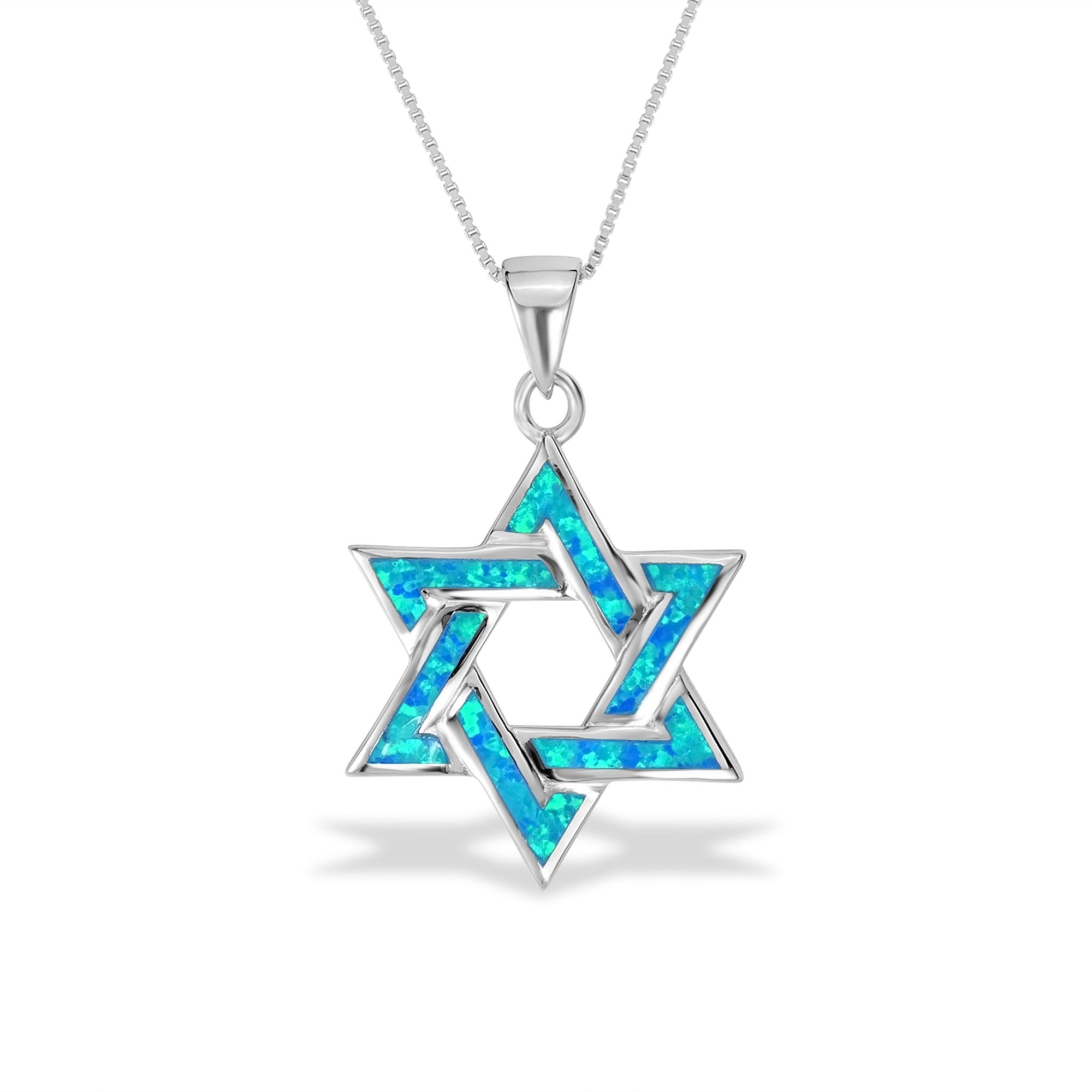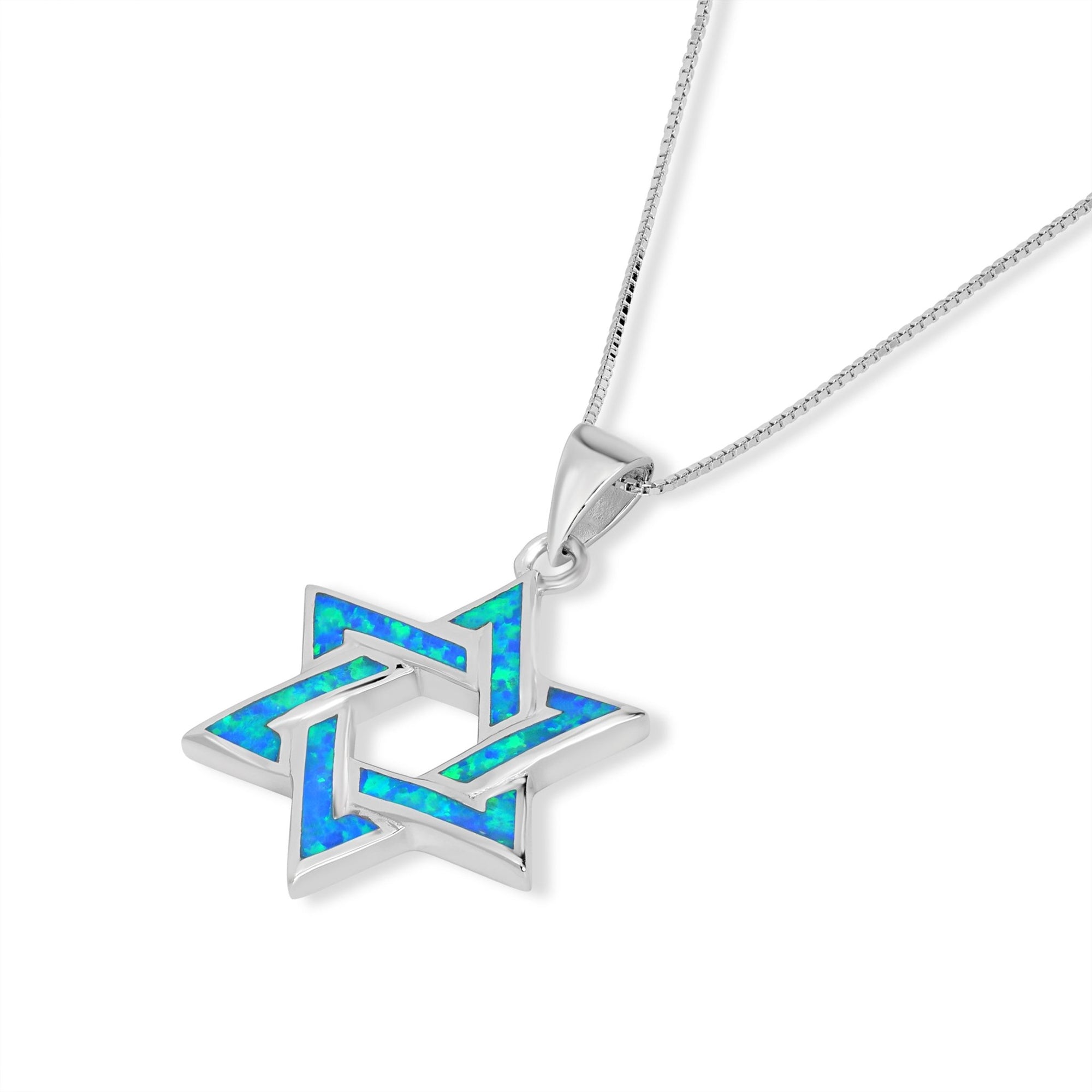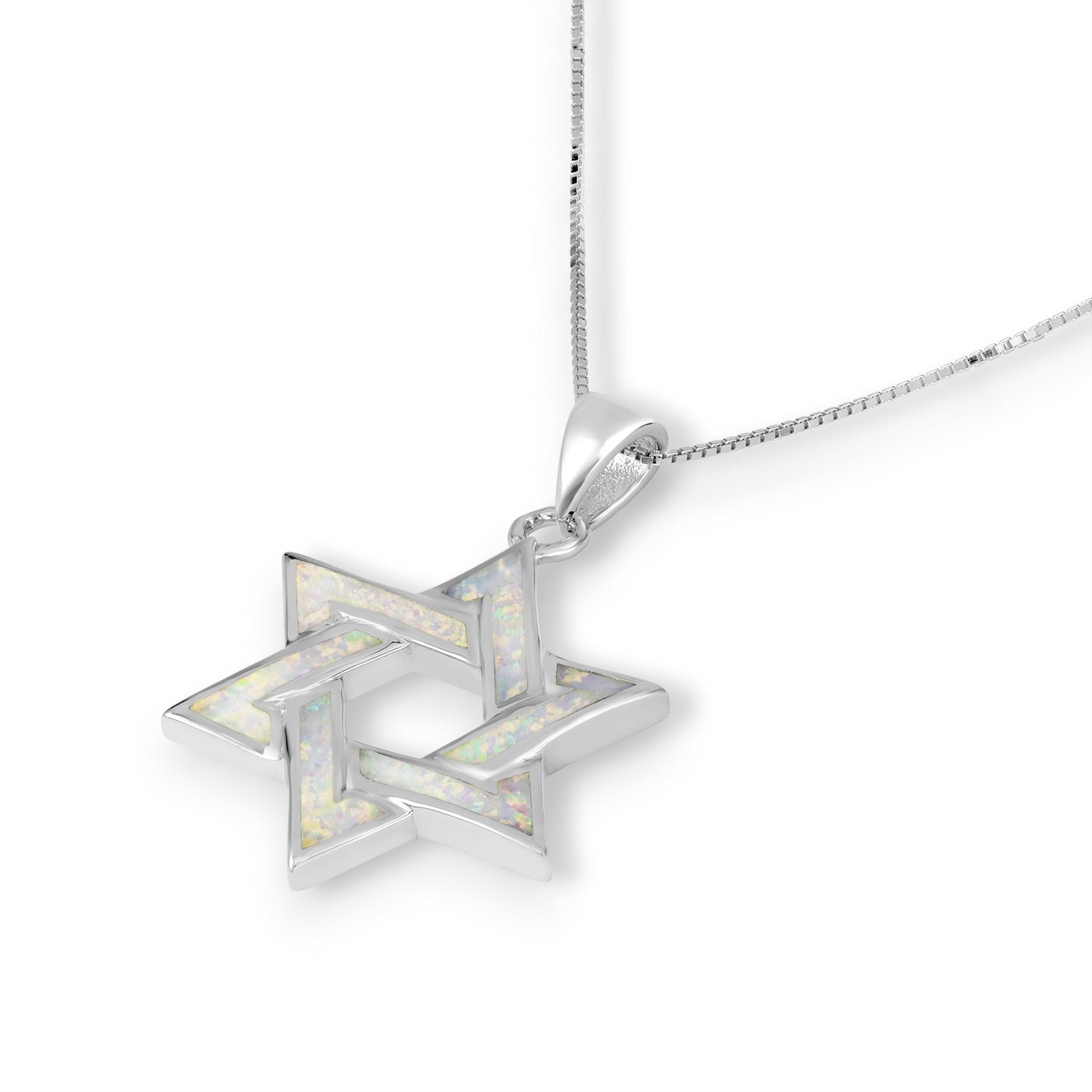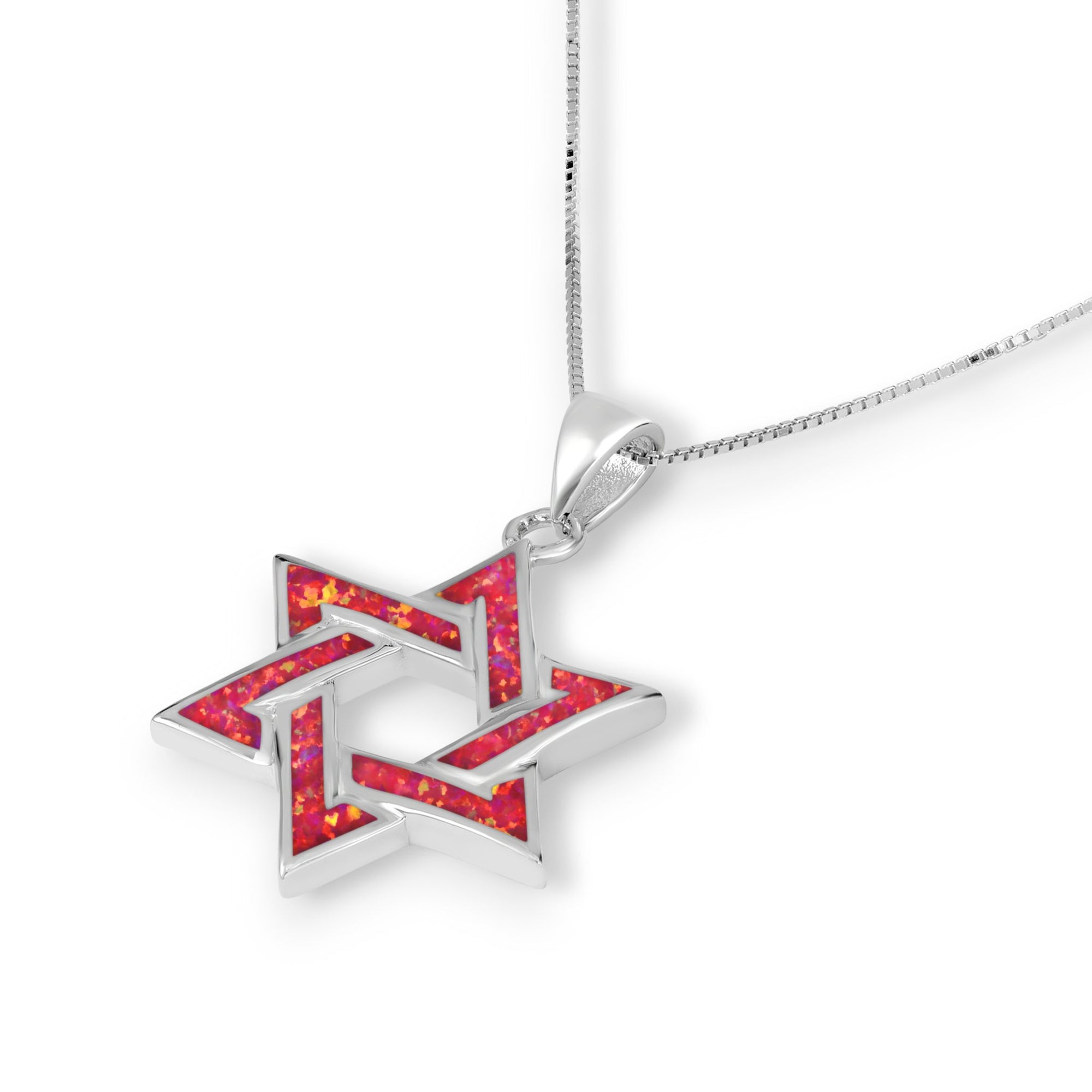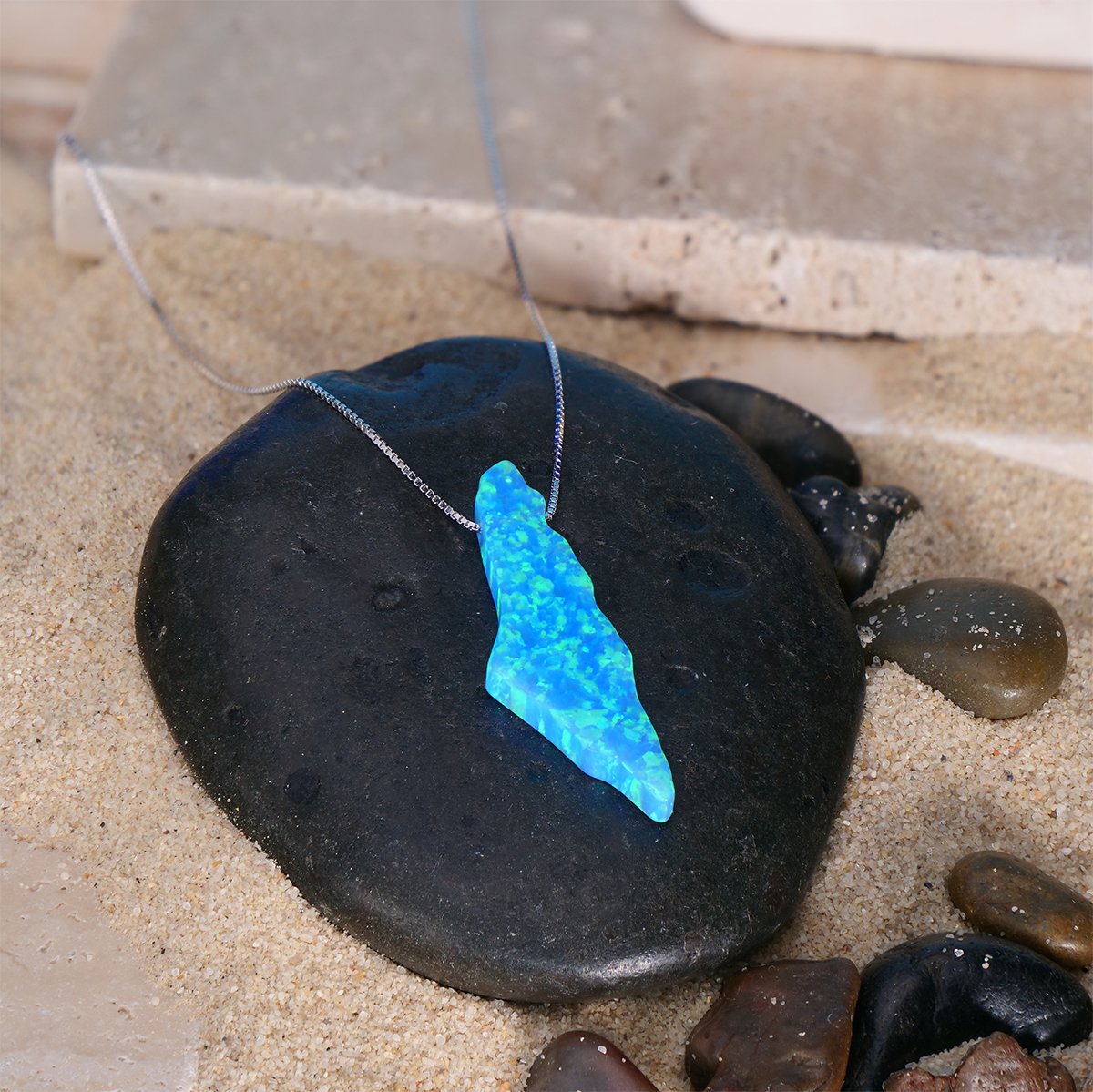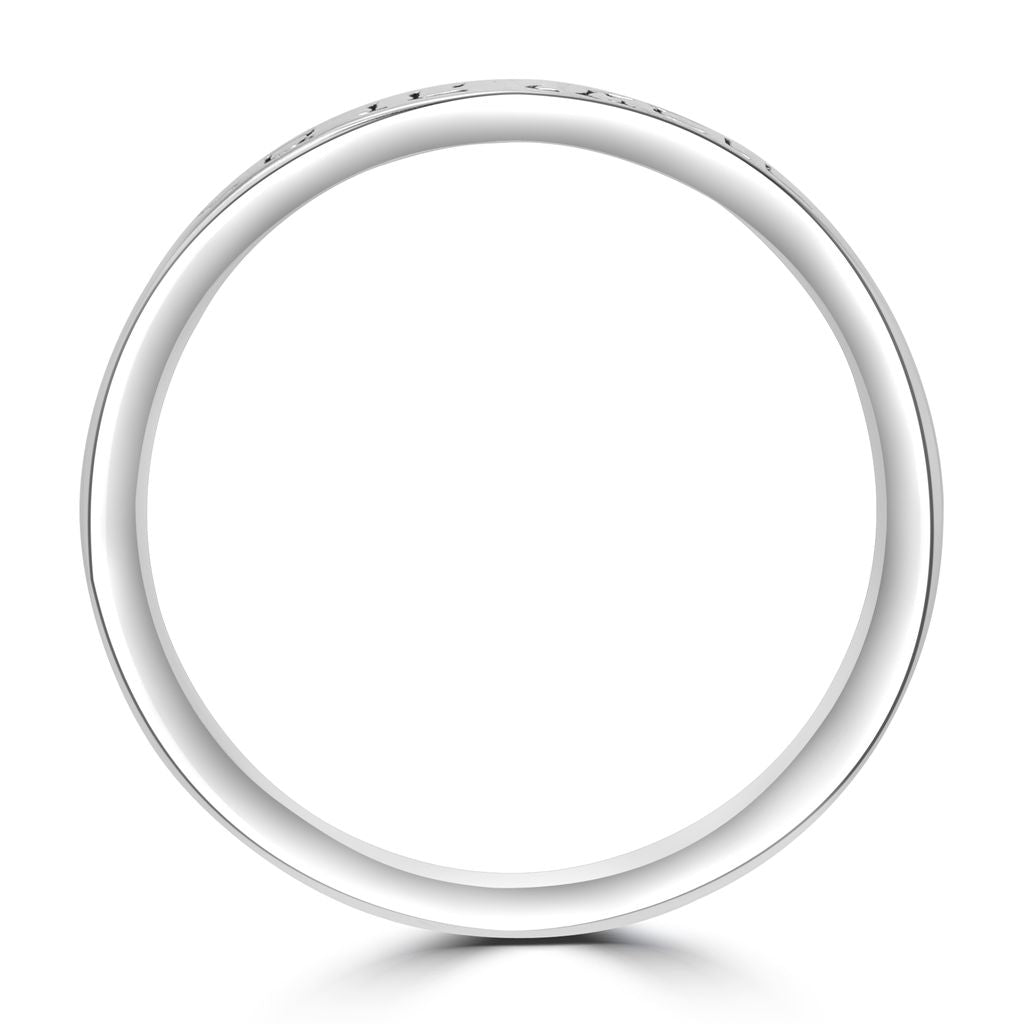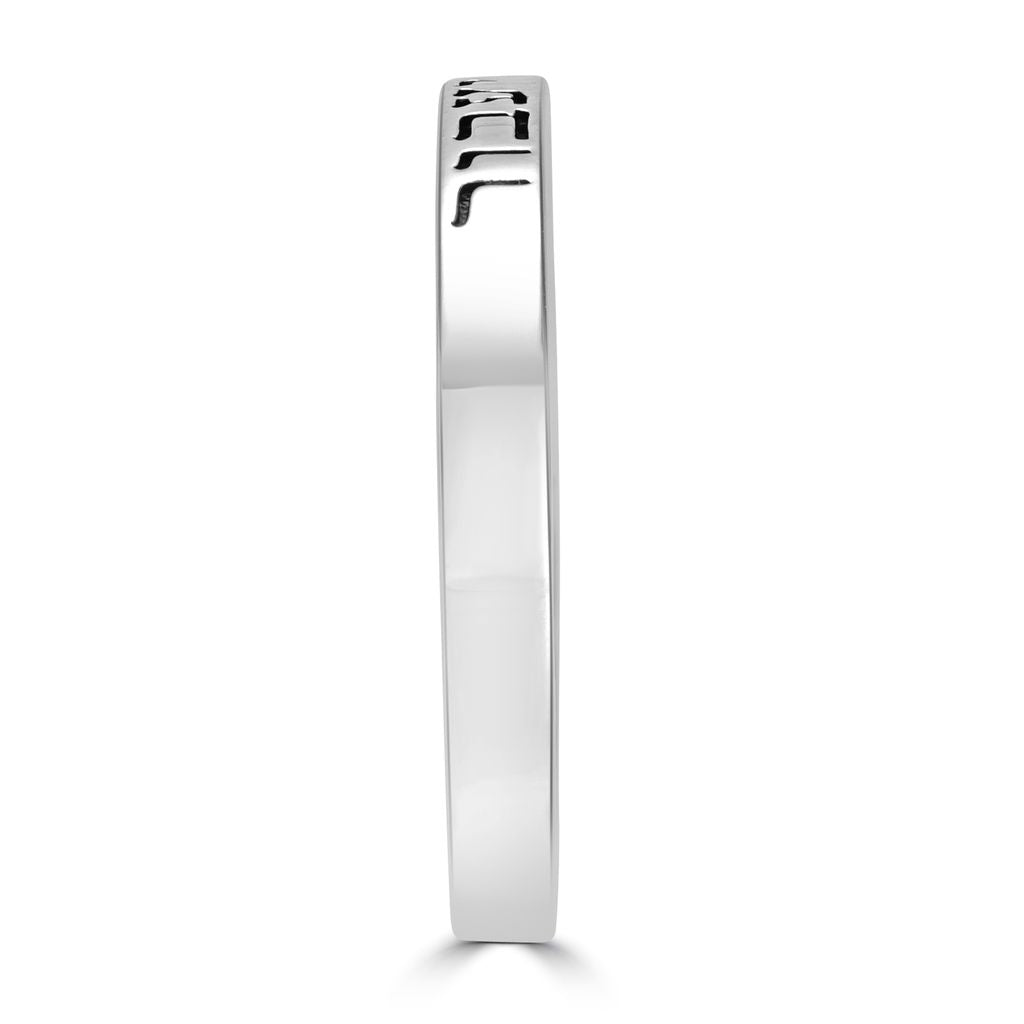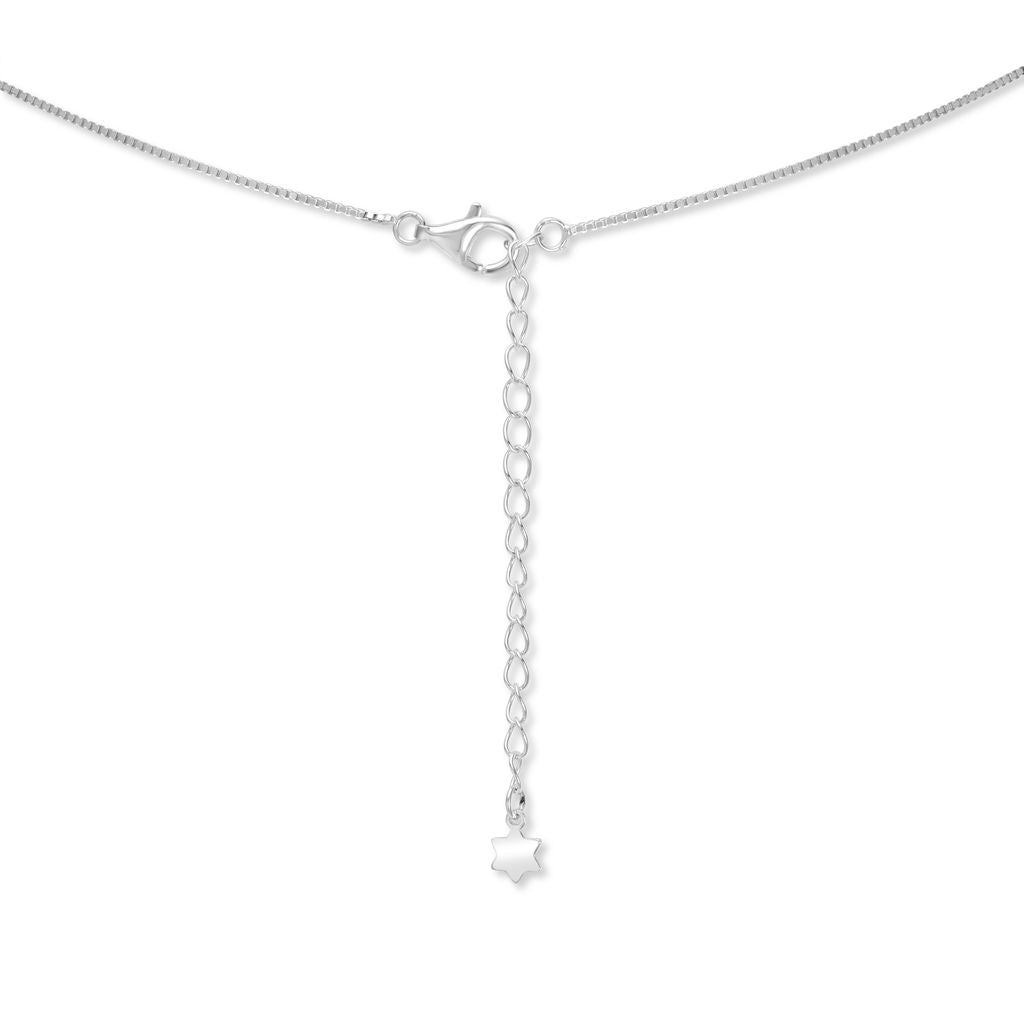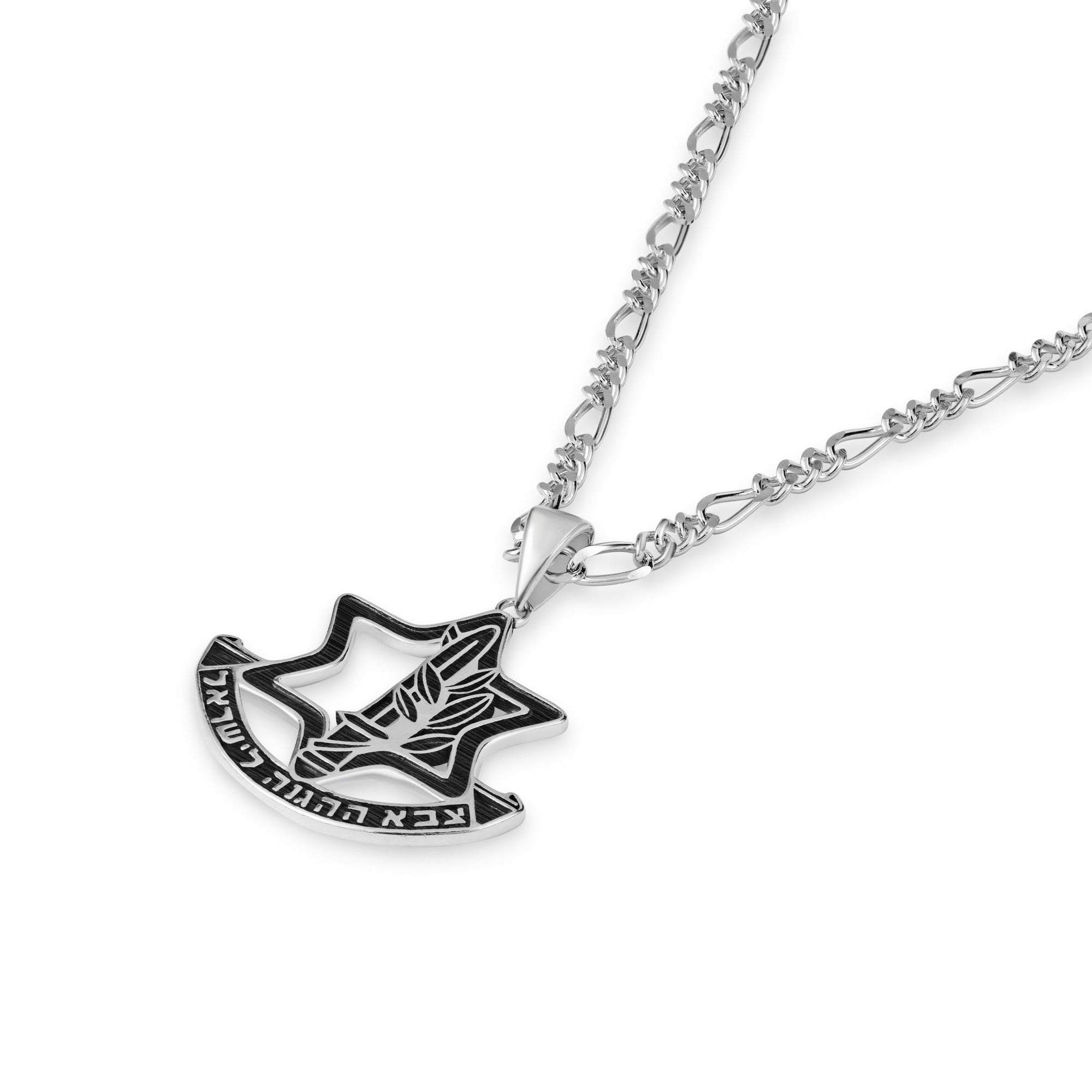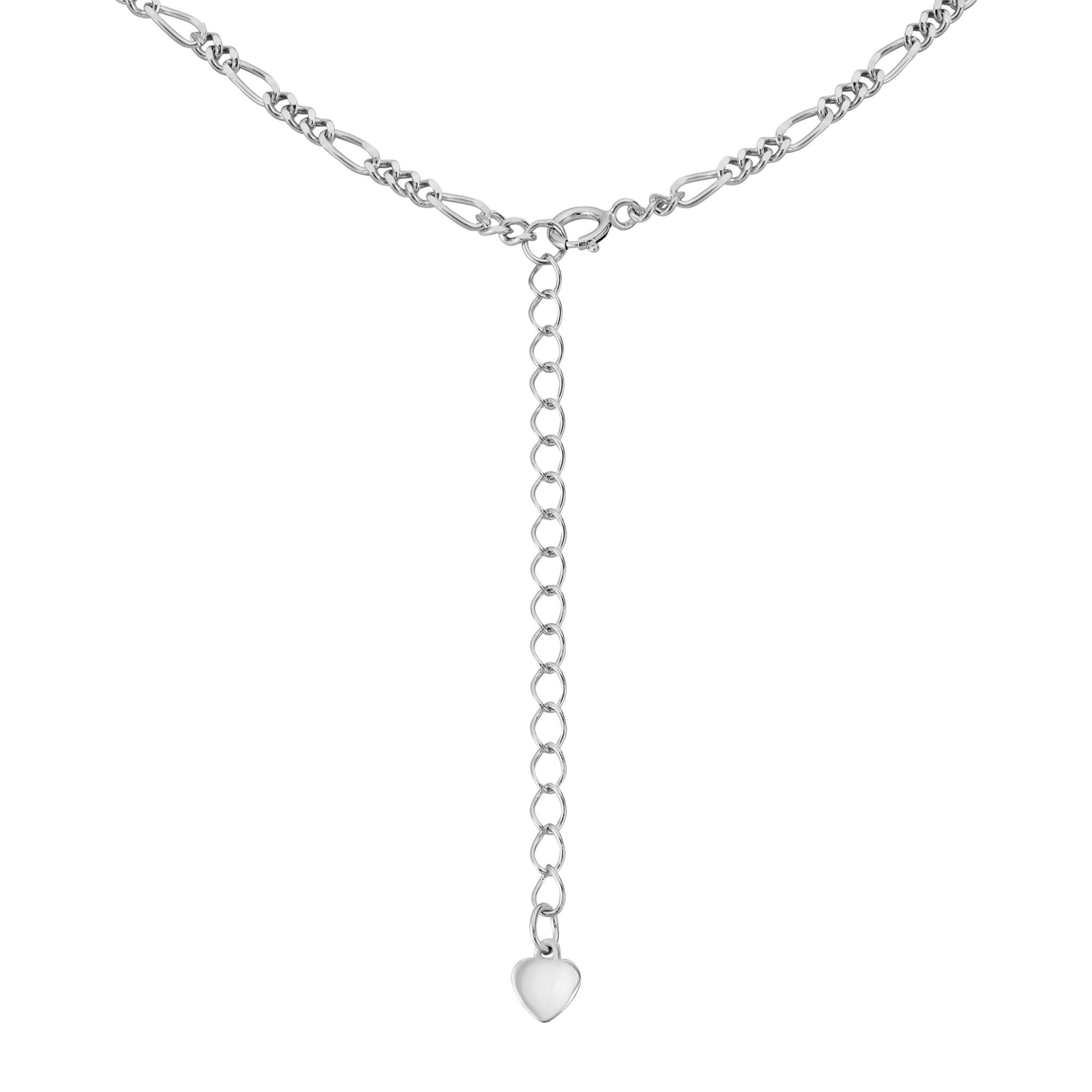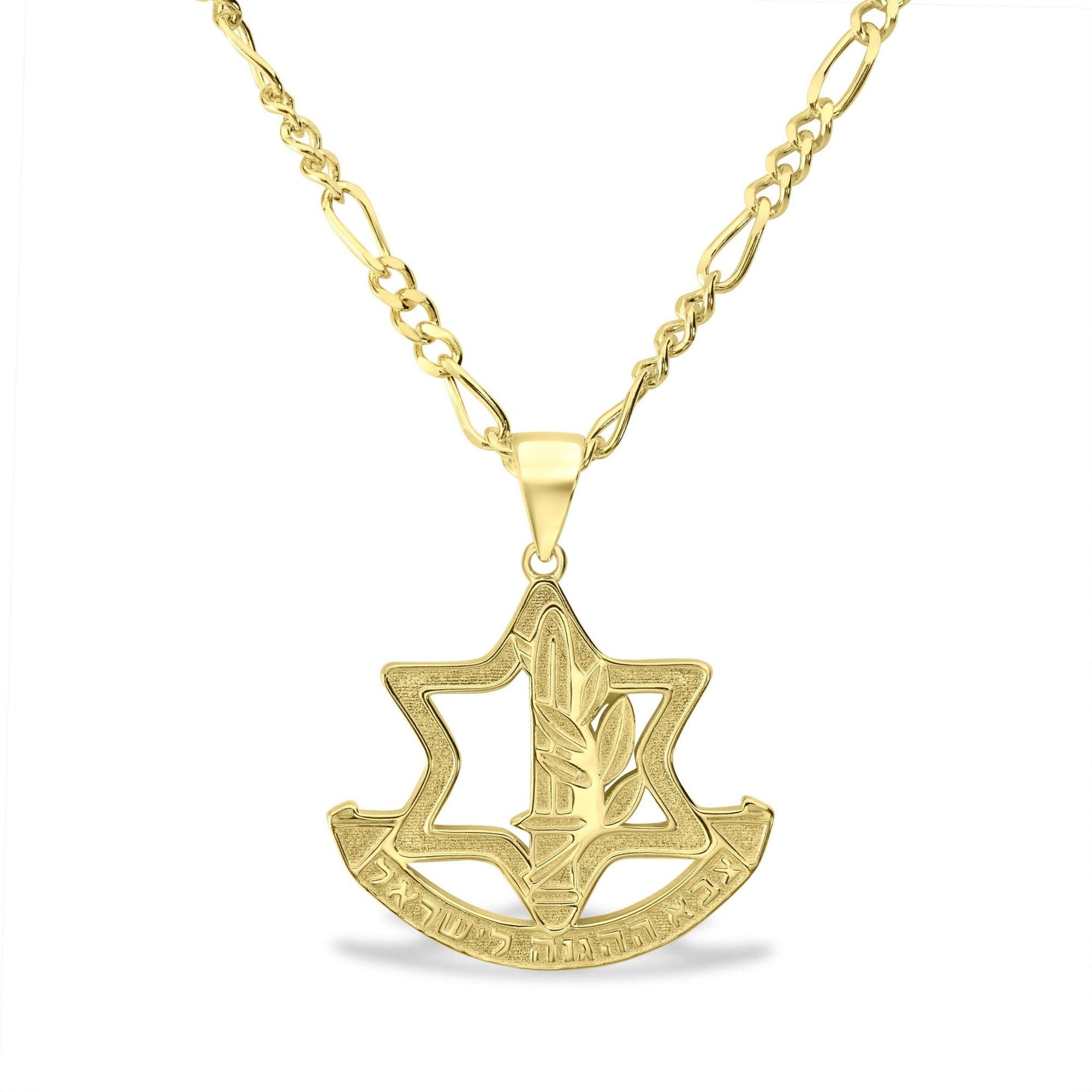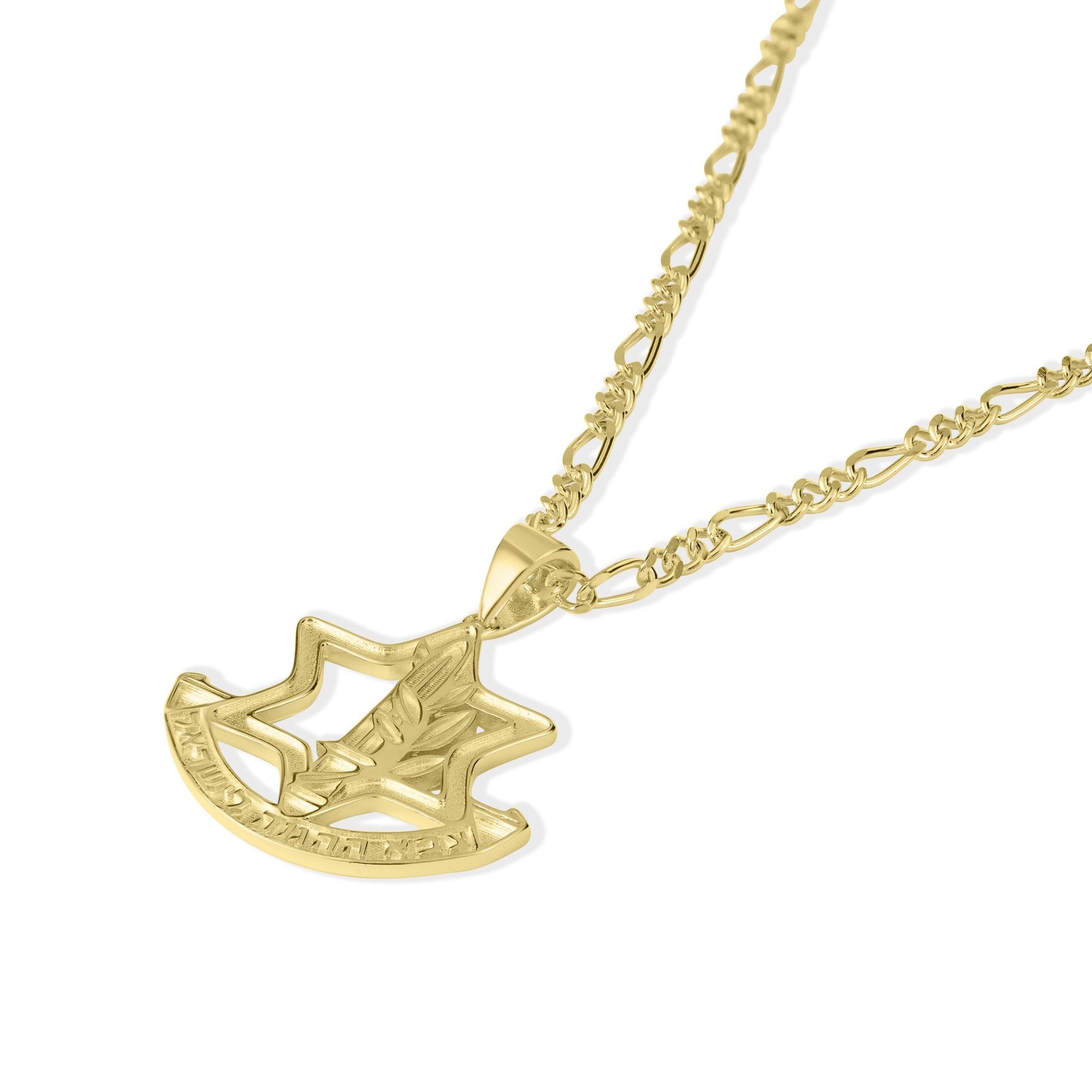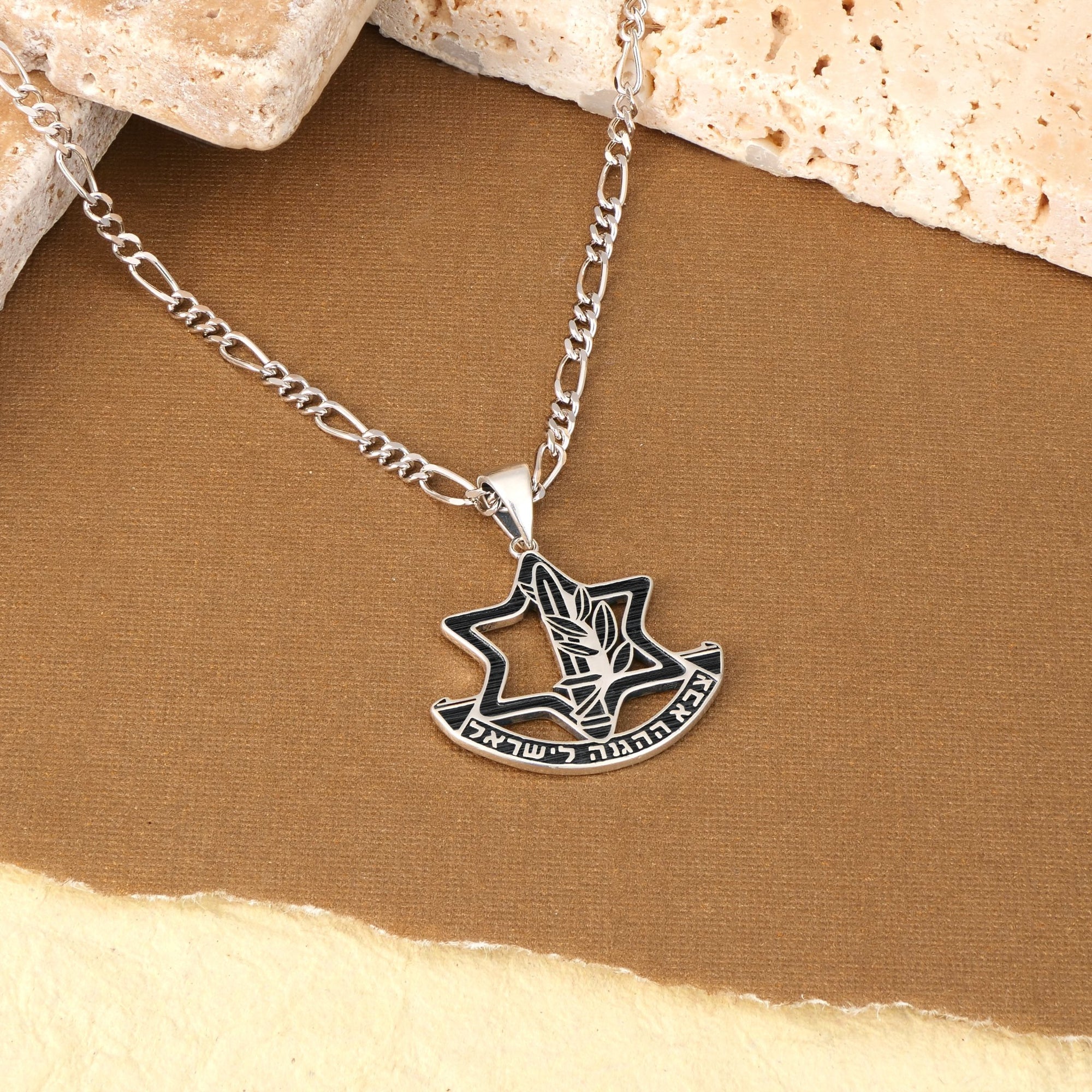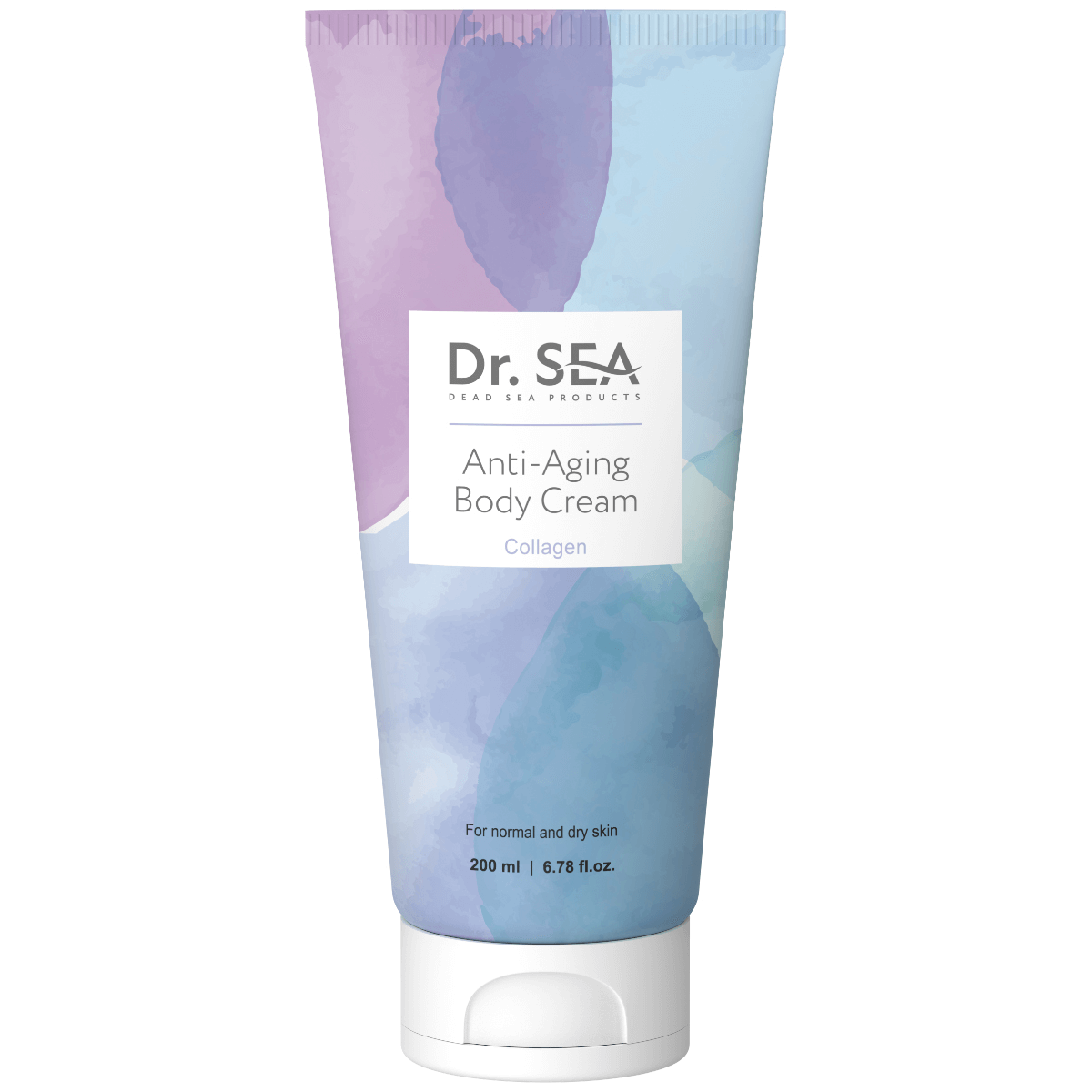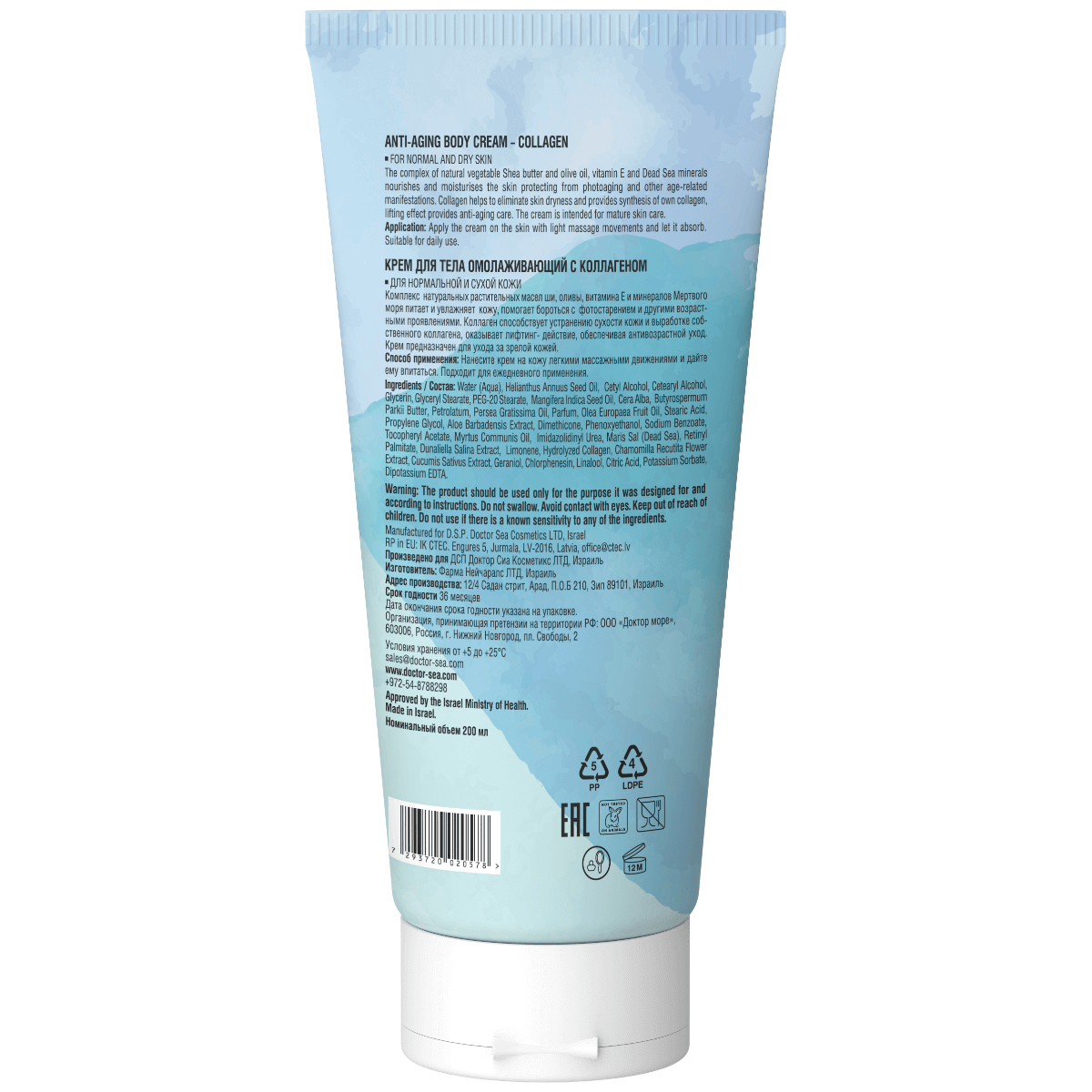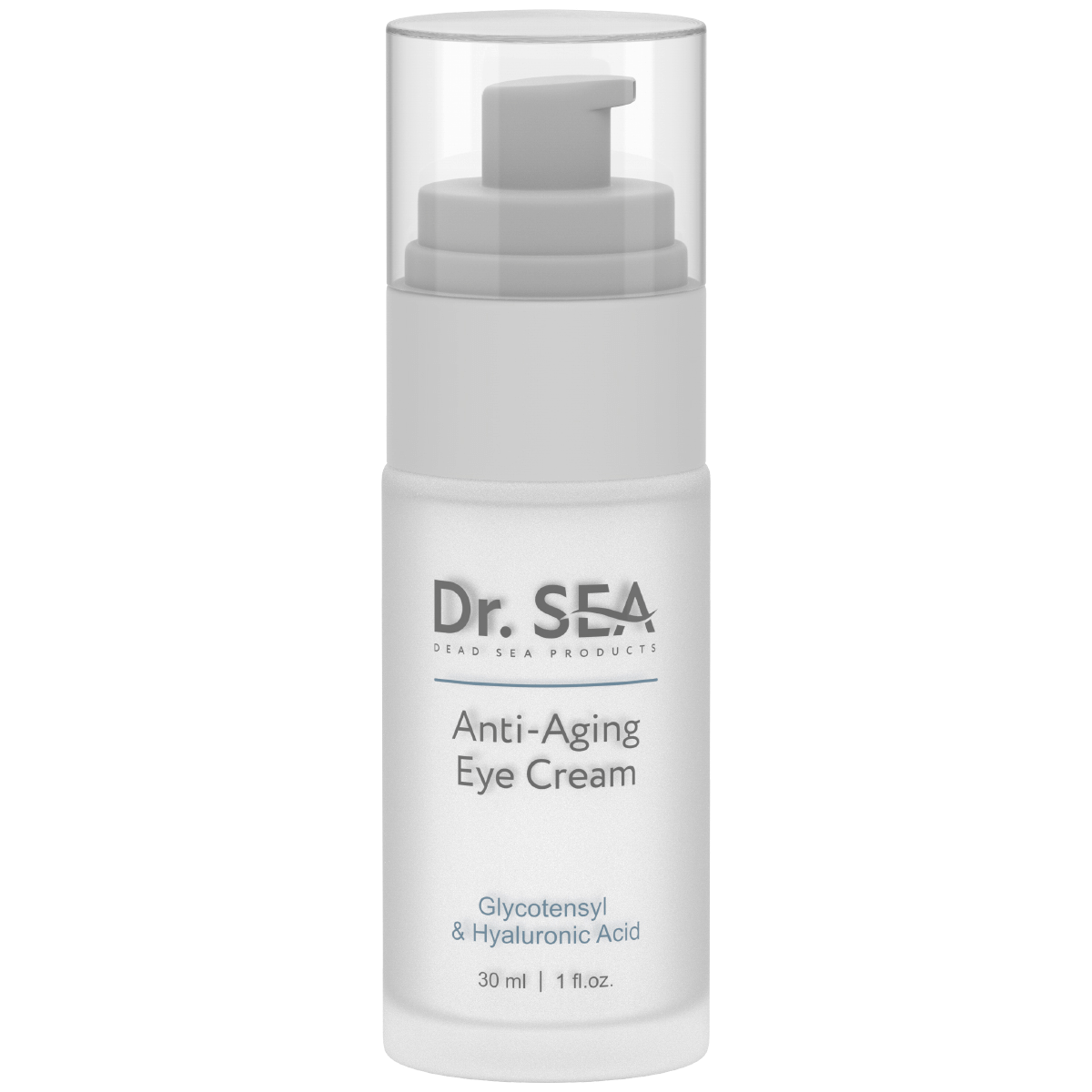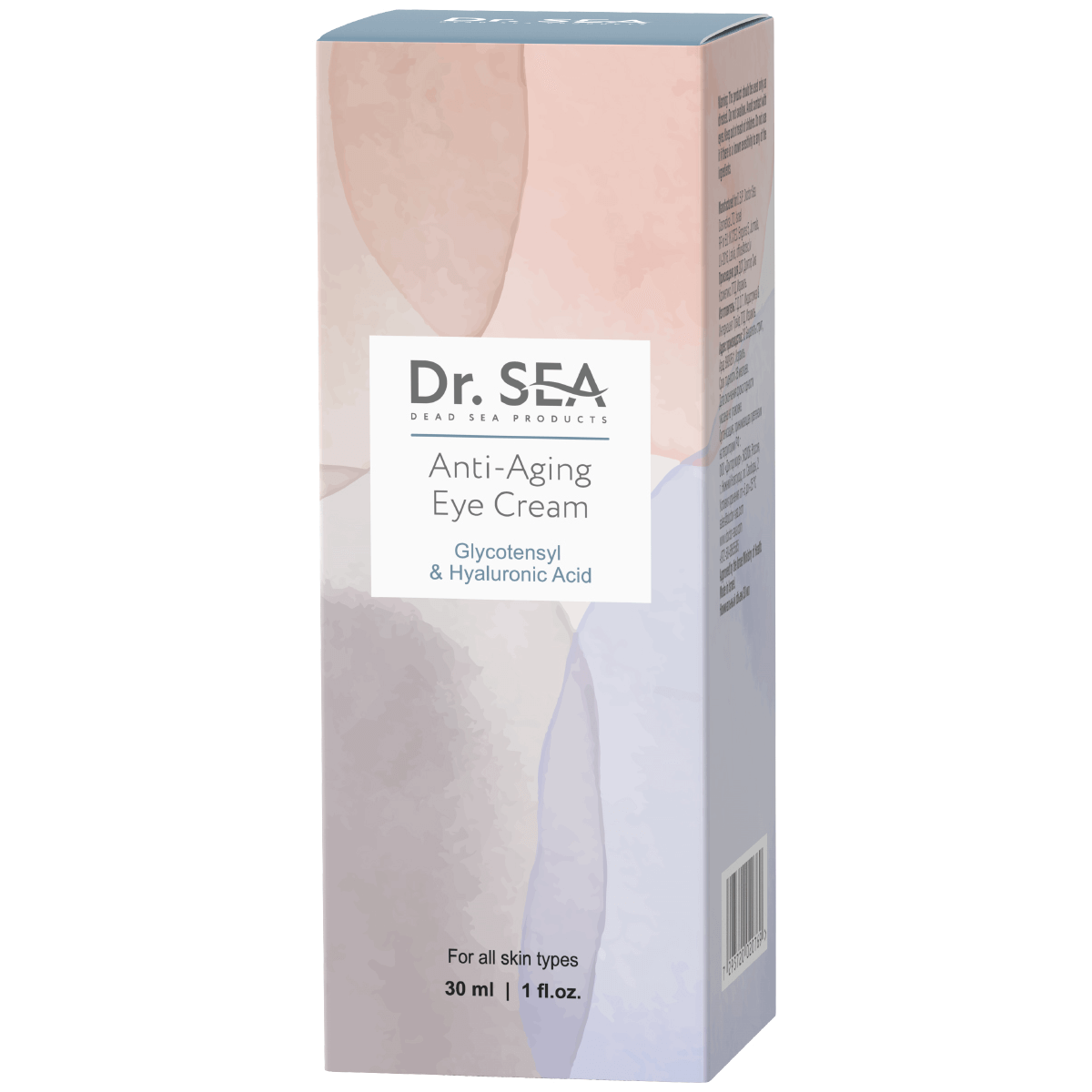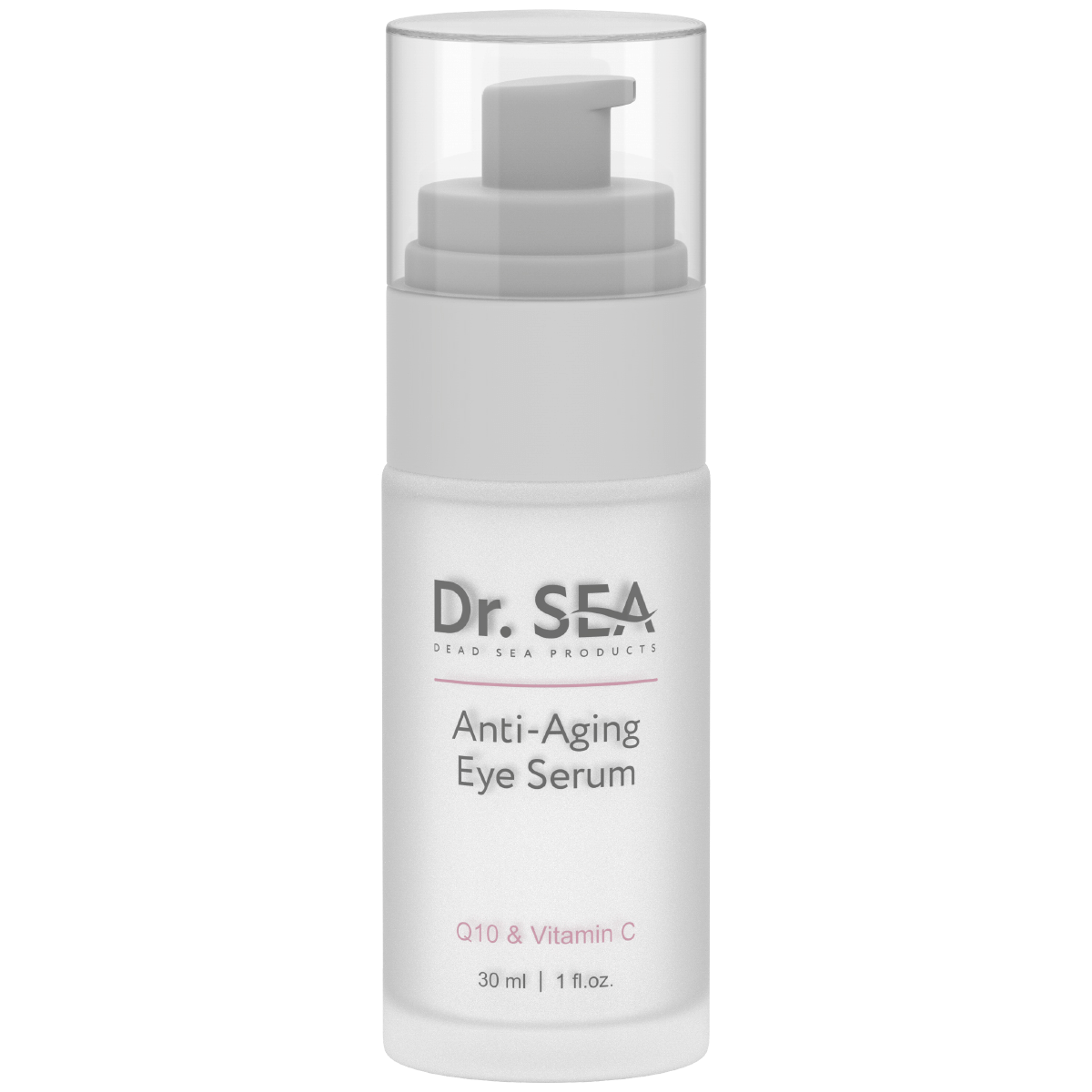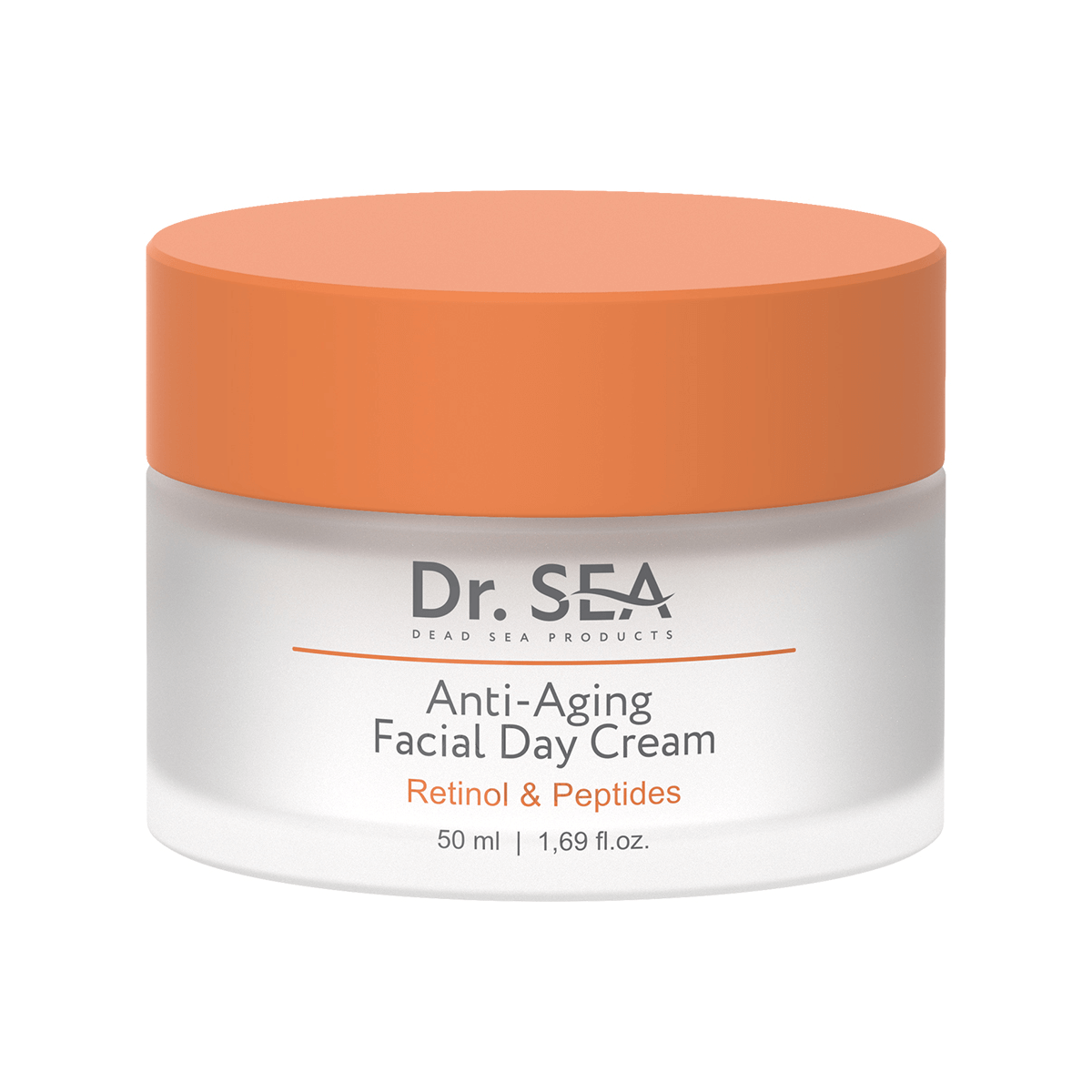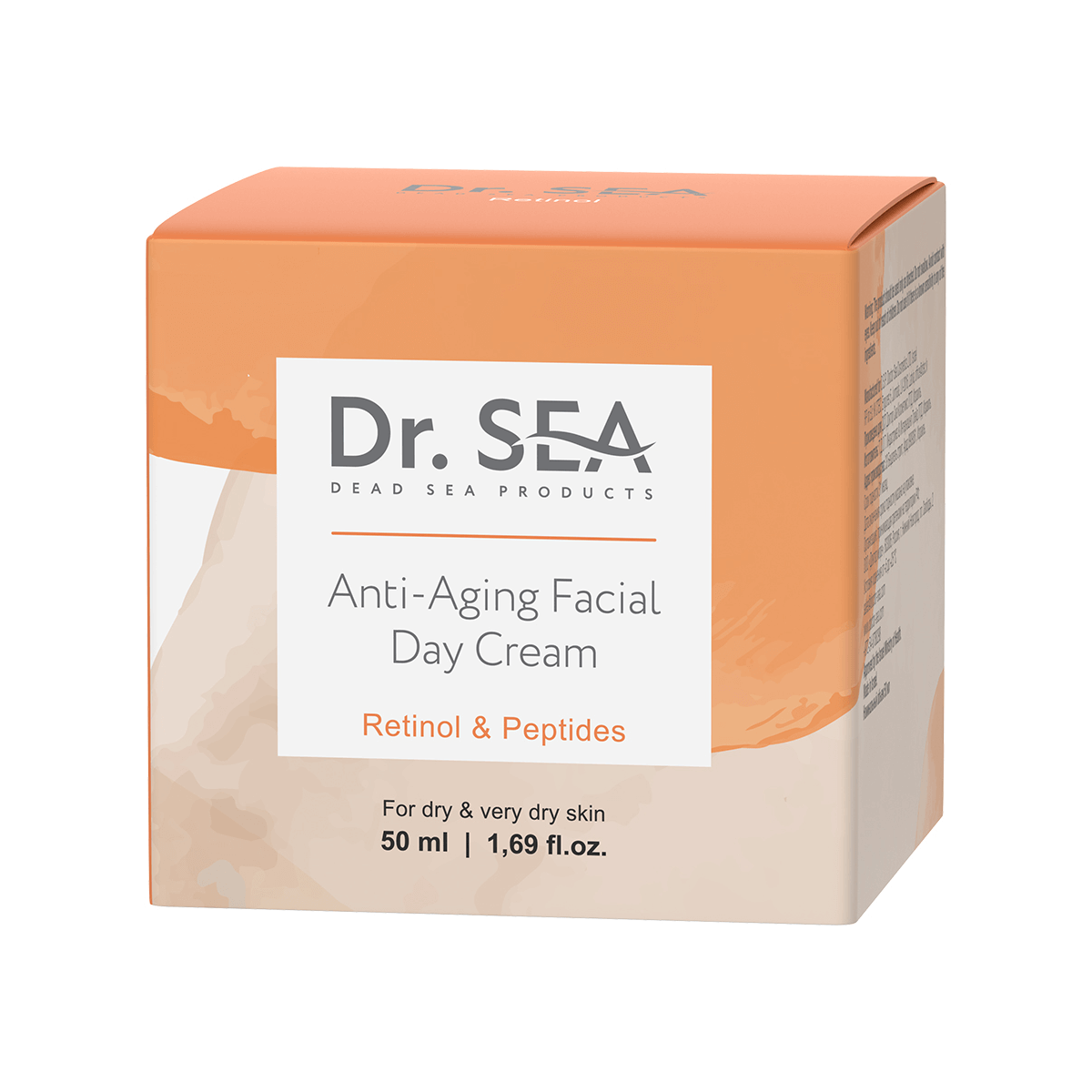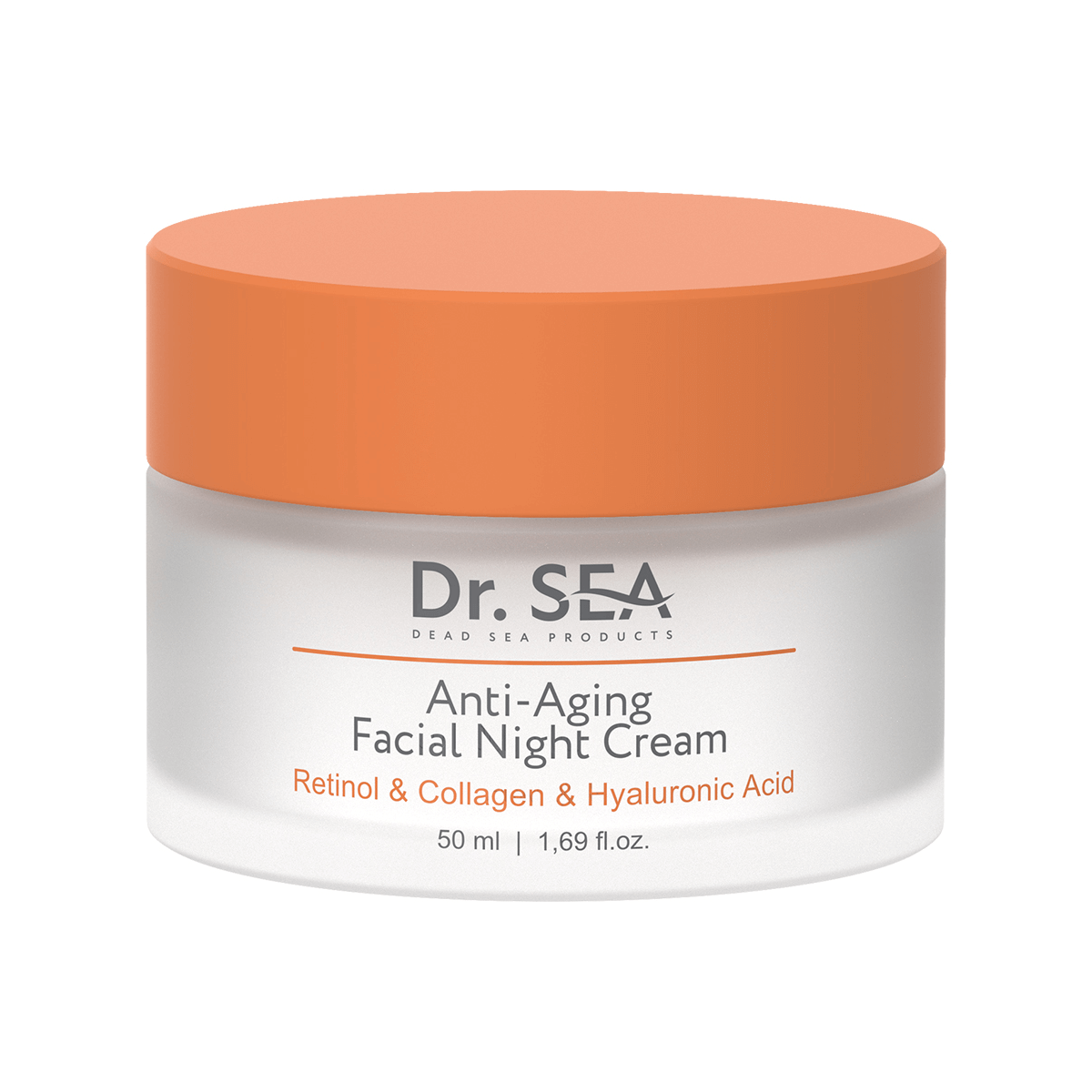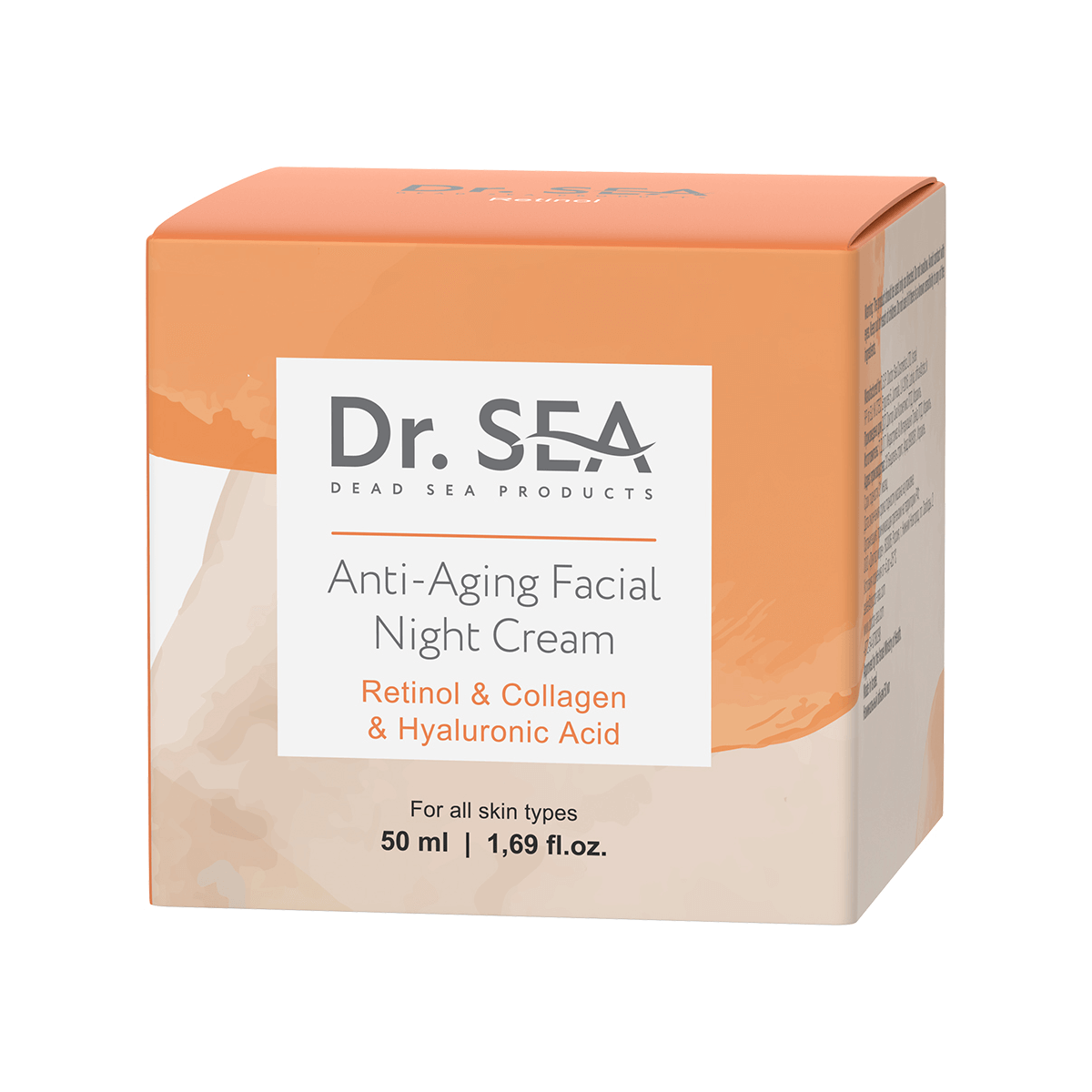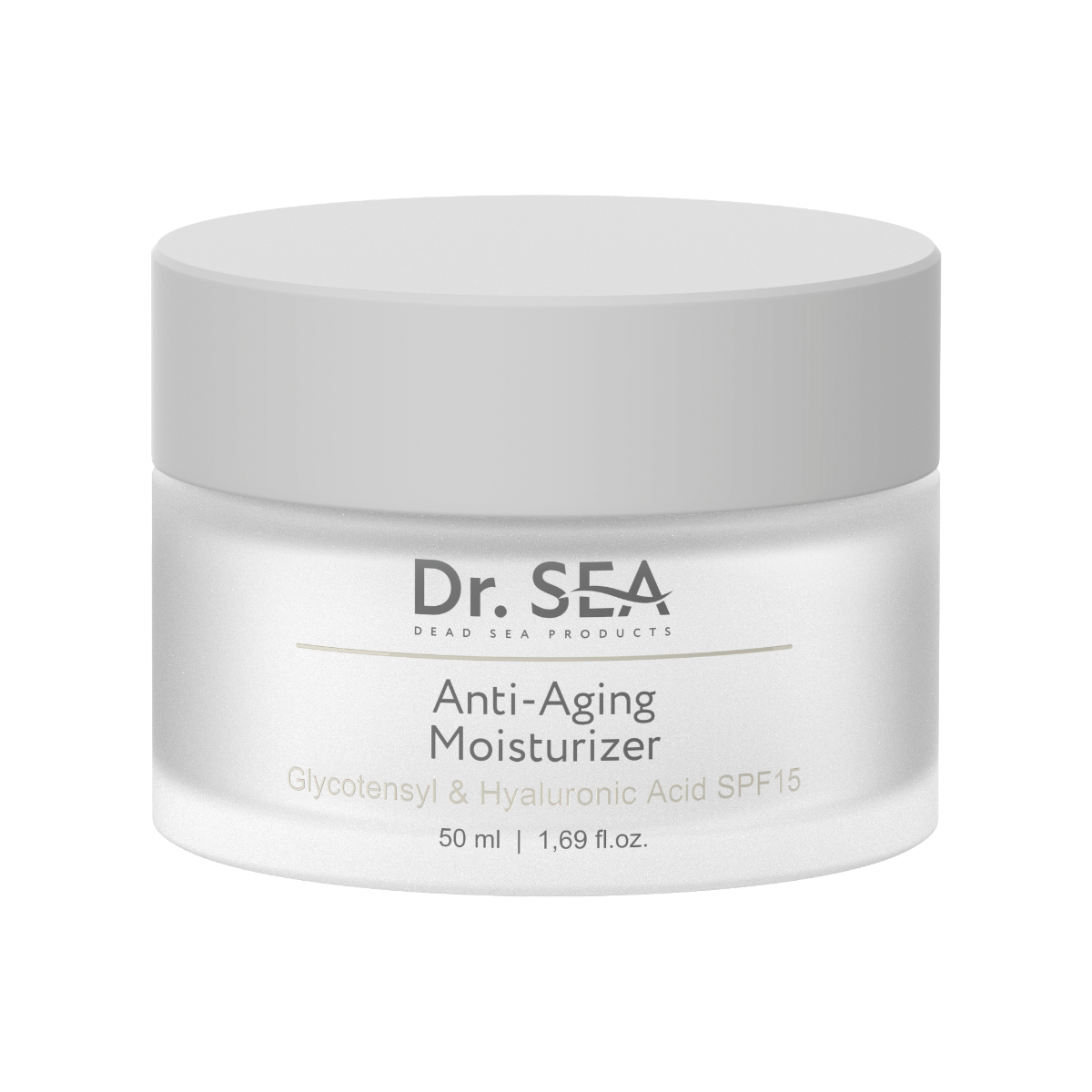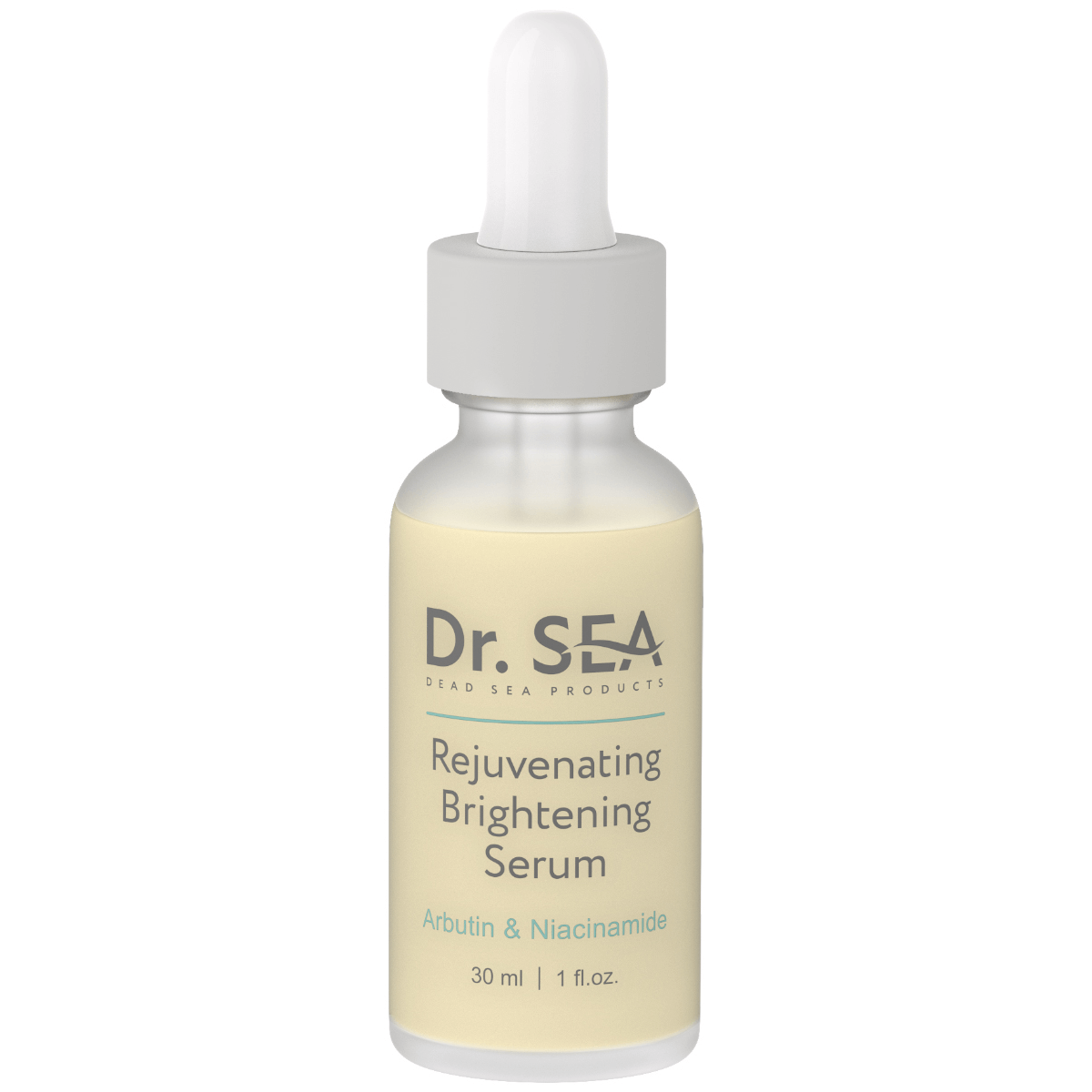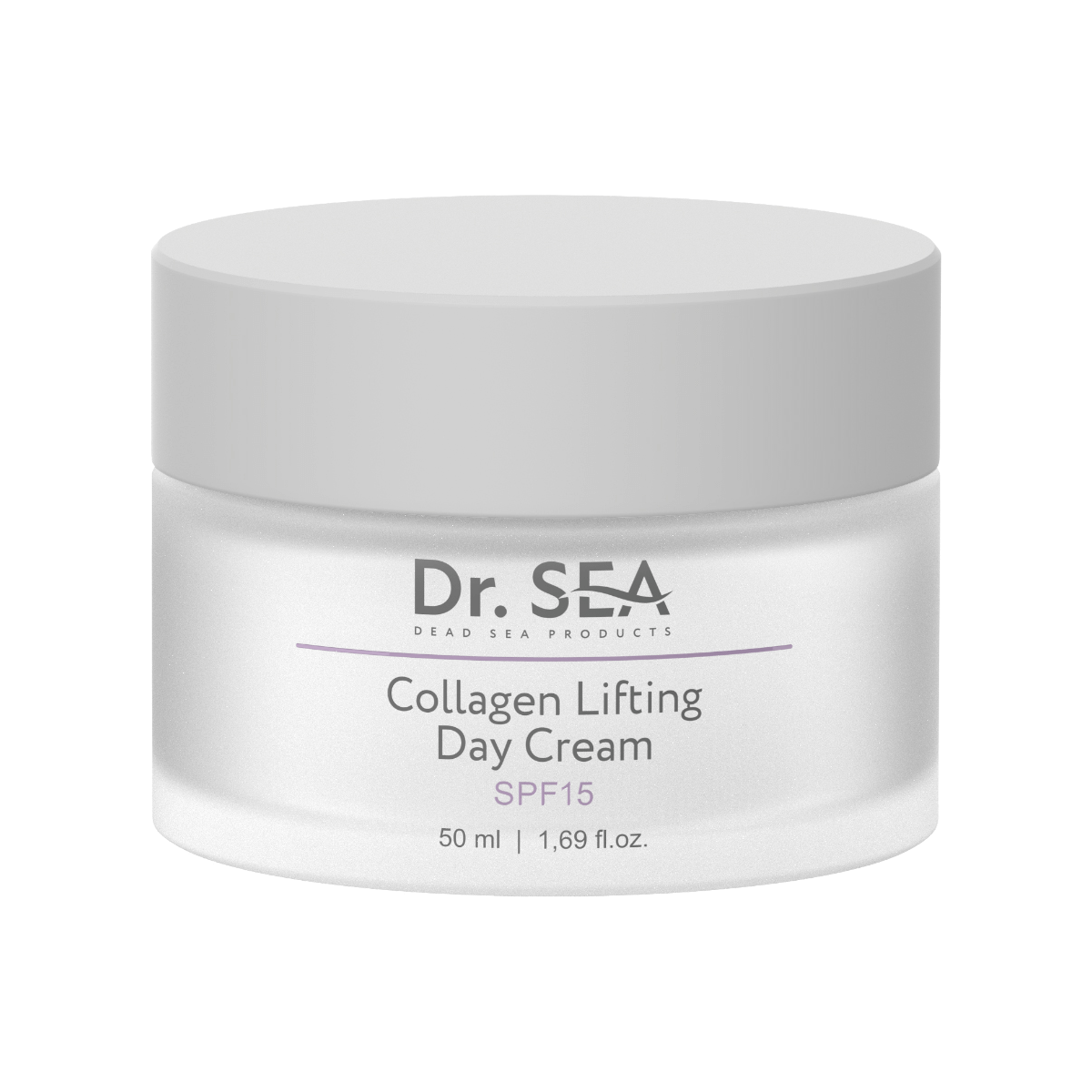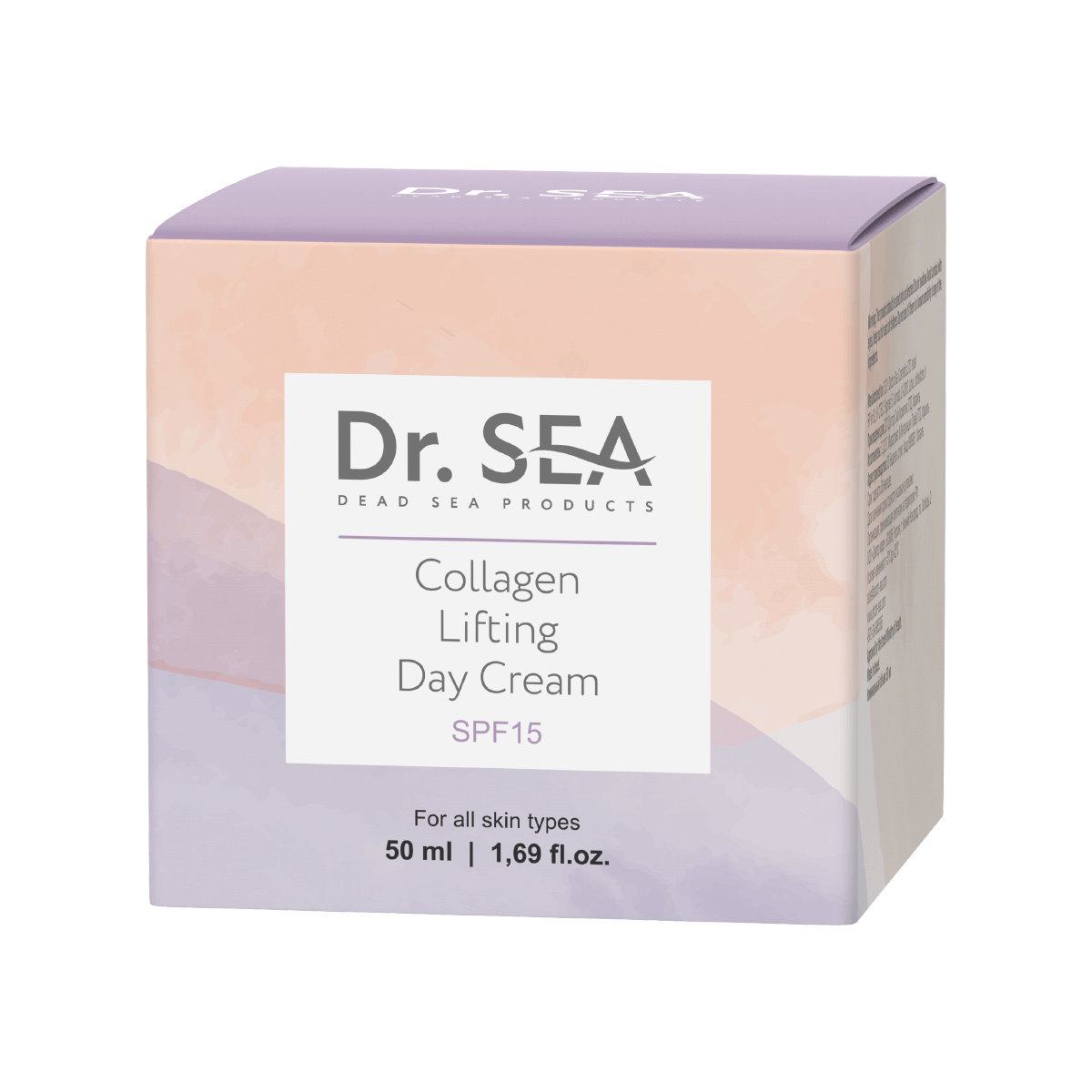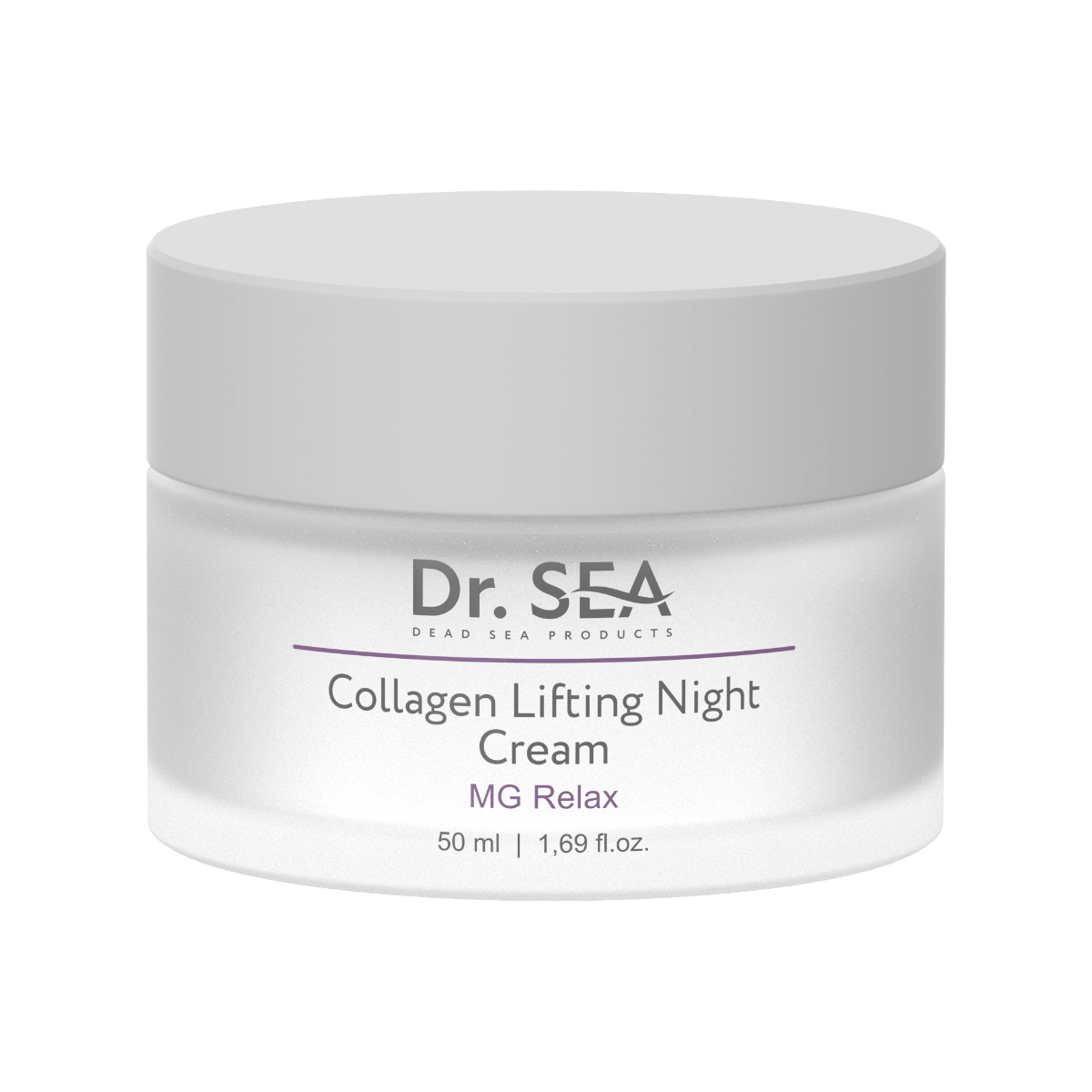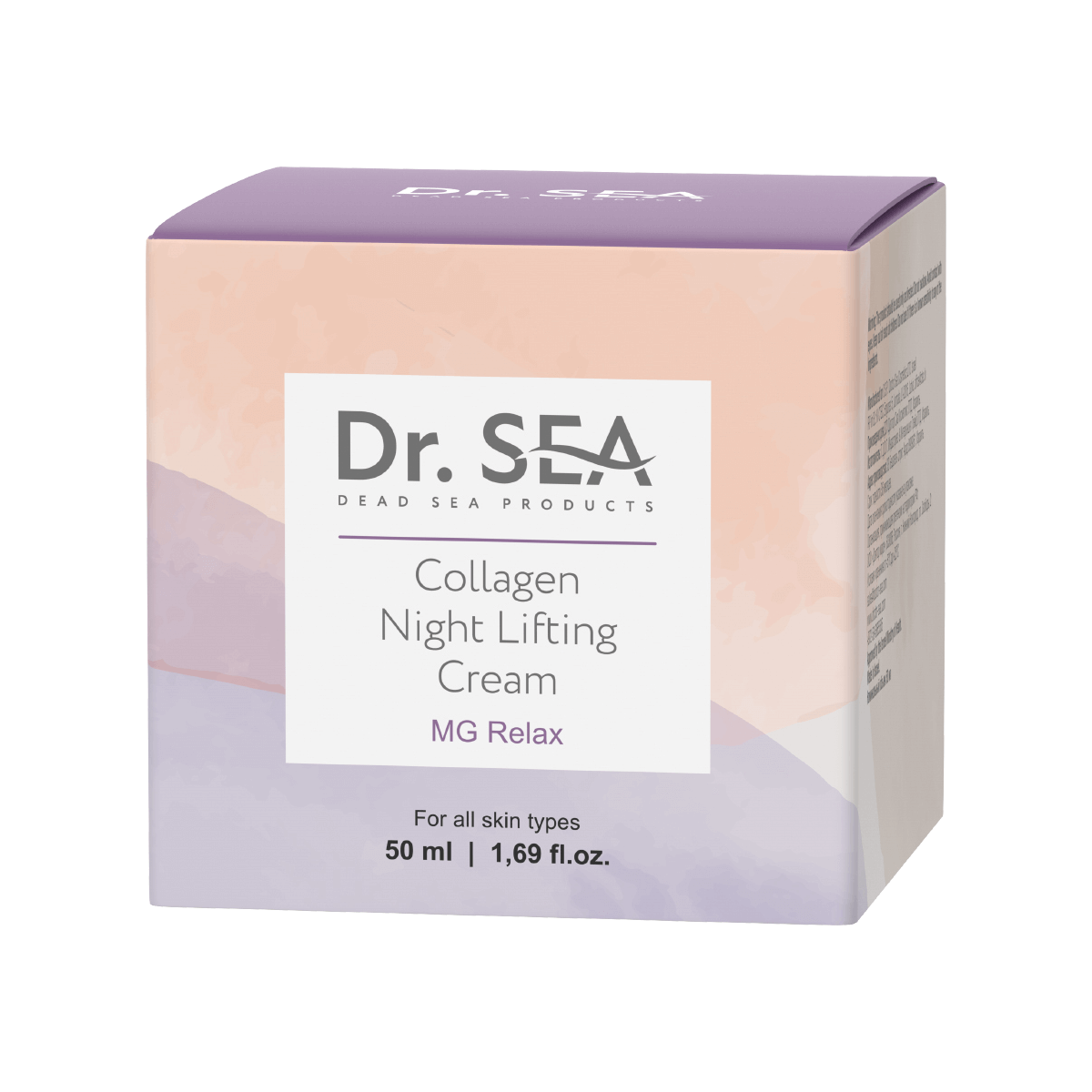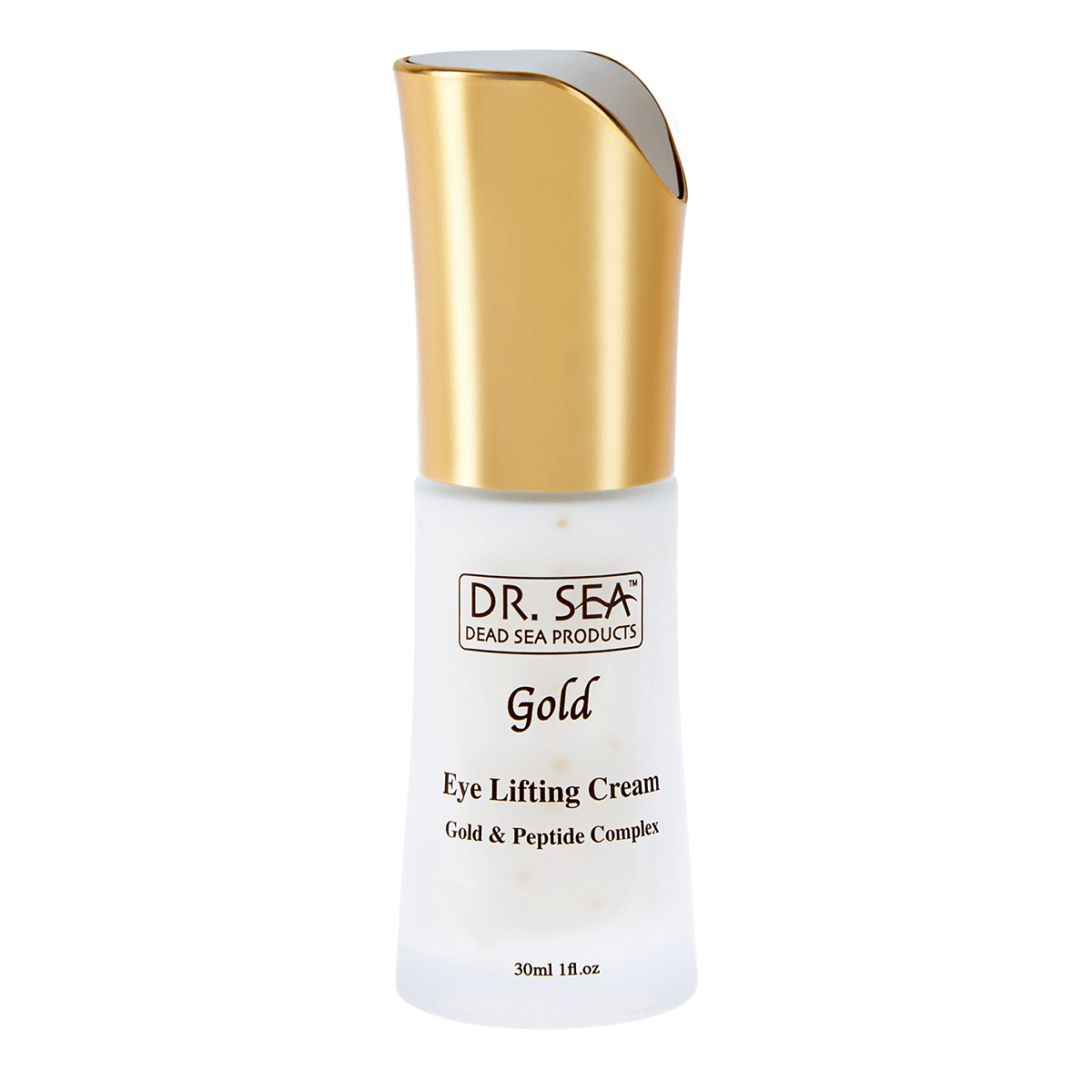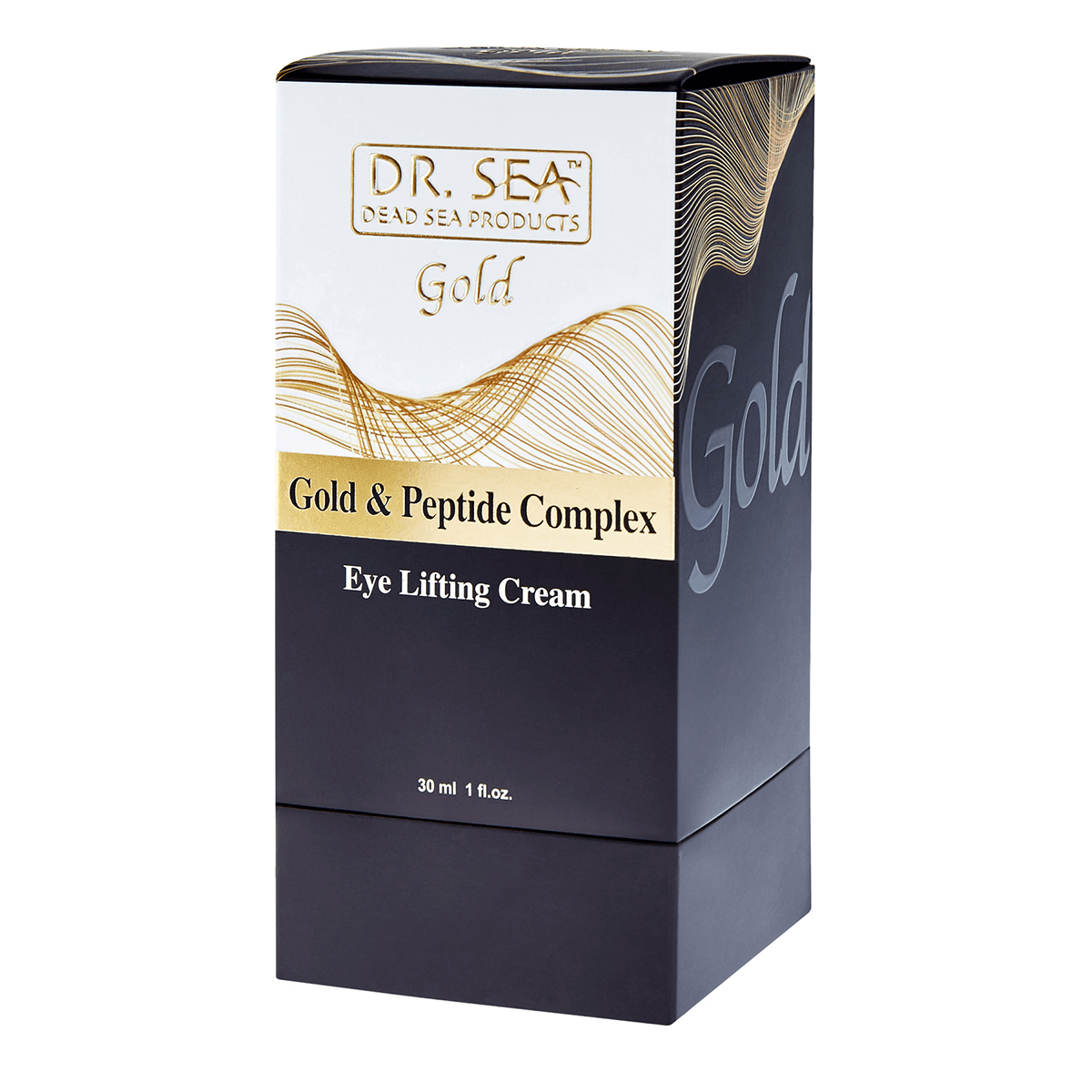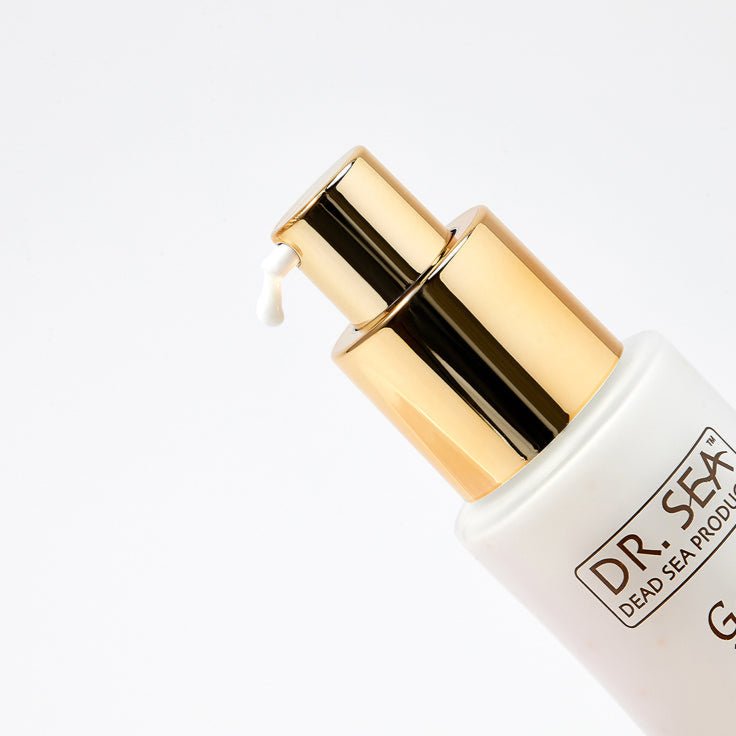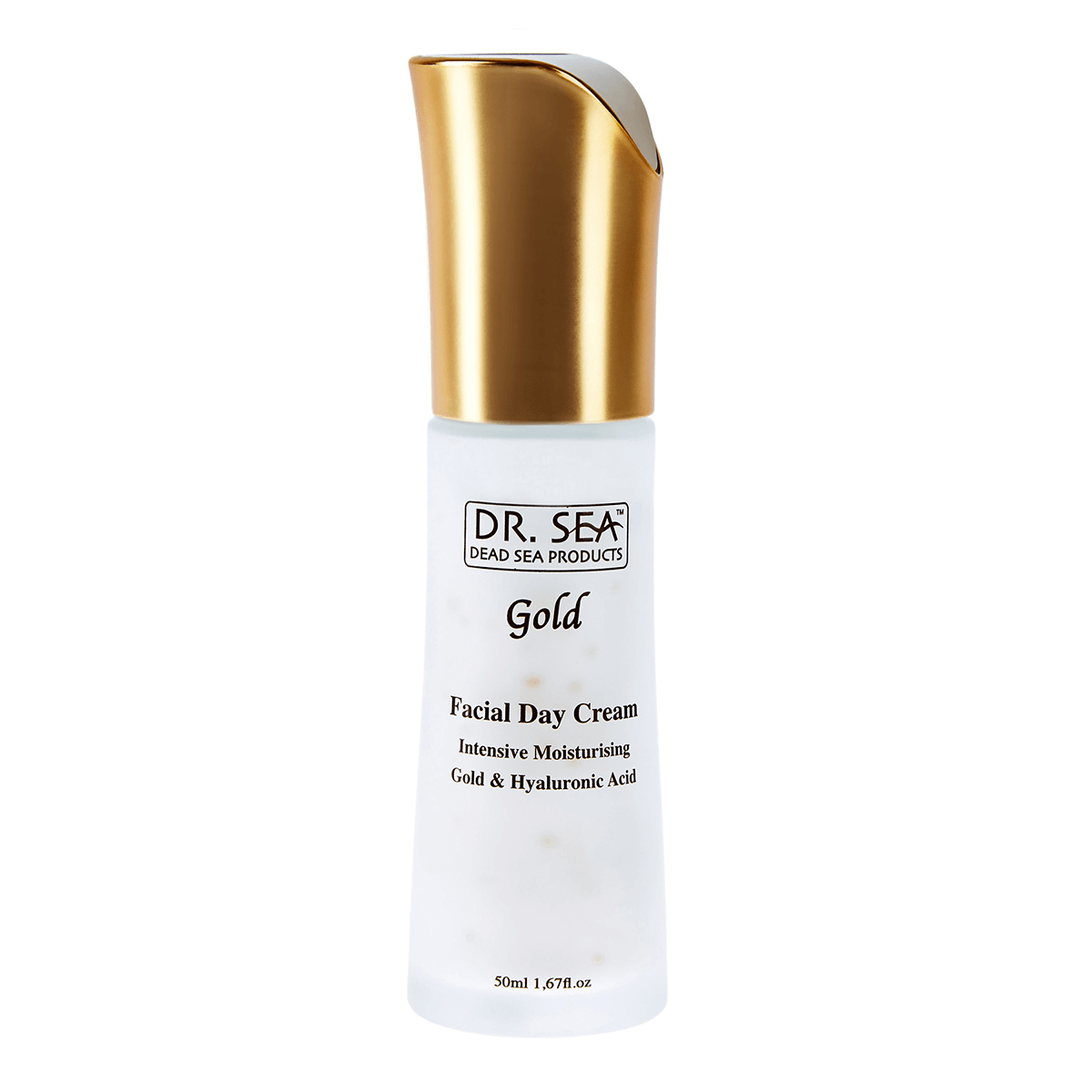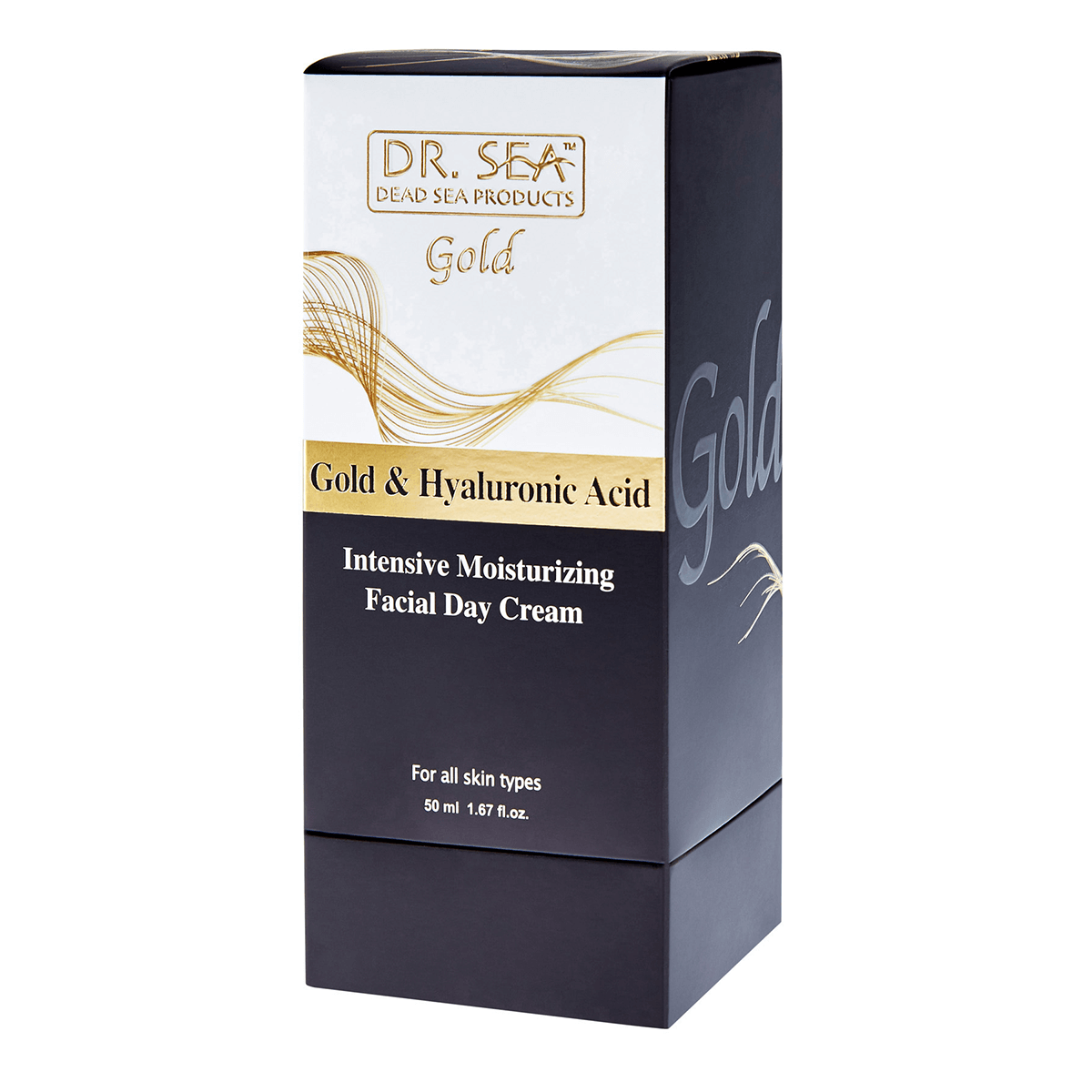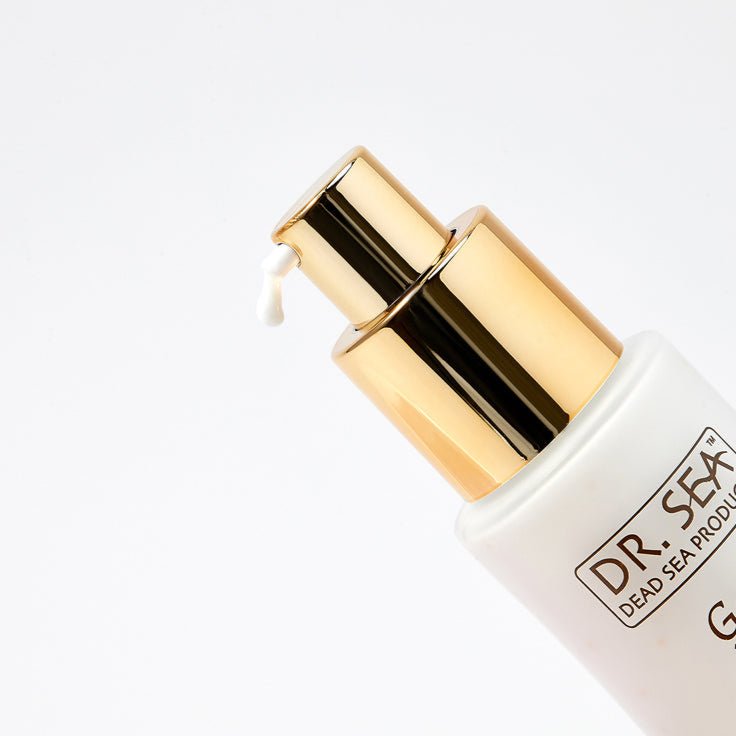Key Takeaways
-
The Dead Sea is called "dead" because its extreme salinity makes it inhospitable to most aquatic life.
-
Unique geological and chemical conditions have shaped its characteristics over millions of years.
-
Despite its name, the Dead Sea is a vibrant destination for wellness and exploration.
The Dead Sea, located at the lowest point on Earth, has captivated humans for millennia. Its intriguing name sparks curiosity: why is it called the "Dead Sea"? This article explores the fascinating reasons behind its name and its unique environmental and historical significance.
The Origin of the Name "Dead Sea"
The name "Dead Sea" is derived from the water’s inability to support aquatic life. Unlike other seas, it has no fish, plants, or other typical marine organisms due to its extreme salinity. Ancient civilizations, including the Greeks, referred to it as the "Sea of Asphalt" or "Salt Sea," highlighting its unique features.
Extreme Salinity and Its Effects on Life
The Dead Sea has a salinity level of about 33%, making it nearly ten times saltier than most oceans. This high salt concentration creates an environment where:
-
Fish and aquatic plants cannot survive.
-
Only halophilic microorganisms, such as certain bacteria and fungi, can thrive.
Unique Geological Features of the Dead Sea
Several factors contribute to the Dead Sea’s salinity and its "dead" nature:
-
Landlocked Location: The Dead Sea has no outlet, meaning water escapes only through evaporation, leaving behind salts and minerals.
-
High Evaporation Rates: The arid climate leads to rapid water evaporation, concentrating the salt content over time.
-
Mineral-Rich Waters: The surrounding geology deposits minerals into the water, enhancing its unique composition.
Misconceptions About the Dead Sea
Despite its name, the Dead Sea is far from "dead" in a broader sense. It supports a unique ecosystem of salt-loving microorganisms and has become a hub for tourism and wellness activities.
The Dead Sea’s Historical Significance
The Dead Sea has been a vital resource for thousands of years:
-
Biblical References: Mentioned in historical texts as a site of refuge and wonder.
-
Ancient Industries: Harvested for its salt and asphalt used in mummification and trade.
-
Modern Tourism: Known for its therapeutic mud and mineral-rich waters.
The Dead Sea as a Wellness Destination
The minerals in the Dead Sea are renowned for their therapeutic properties:
-
Skin Treatments: Dead Sea mud and salt are used to alleviate skin conditions like psoriasis.
-
Relaxation: The buoyant waters provide a stress-relieving floating experience.
-
Health Benefits: The unique mineral composition promotes joint health and detoxification.
Explore products infused with Dead Sea minerals here.
The Future of the Dead Sea
Today, the Dead Sea faces environmental challenges due to reduced water inflow from the Jordan River and human activity. Efforts are underway to preserve this natural wonder for future generations.
Conclusion
The Dead Sea’s name reflects its extraordinary environment, where aquatic life cannot thrive due to its extreme salinity. However, it is far from lifeless. Rich in history, minerals, and wellness opportunities, the Dead Sea continues to inspire and captivate visitors from around the world.














